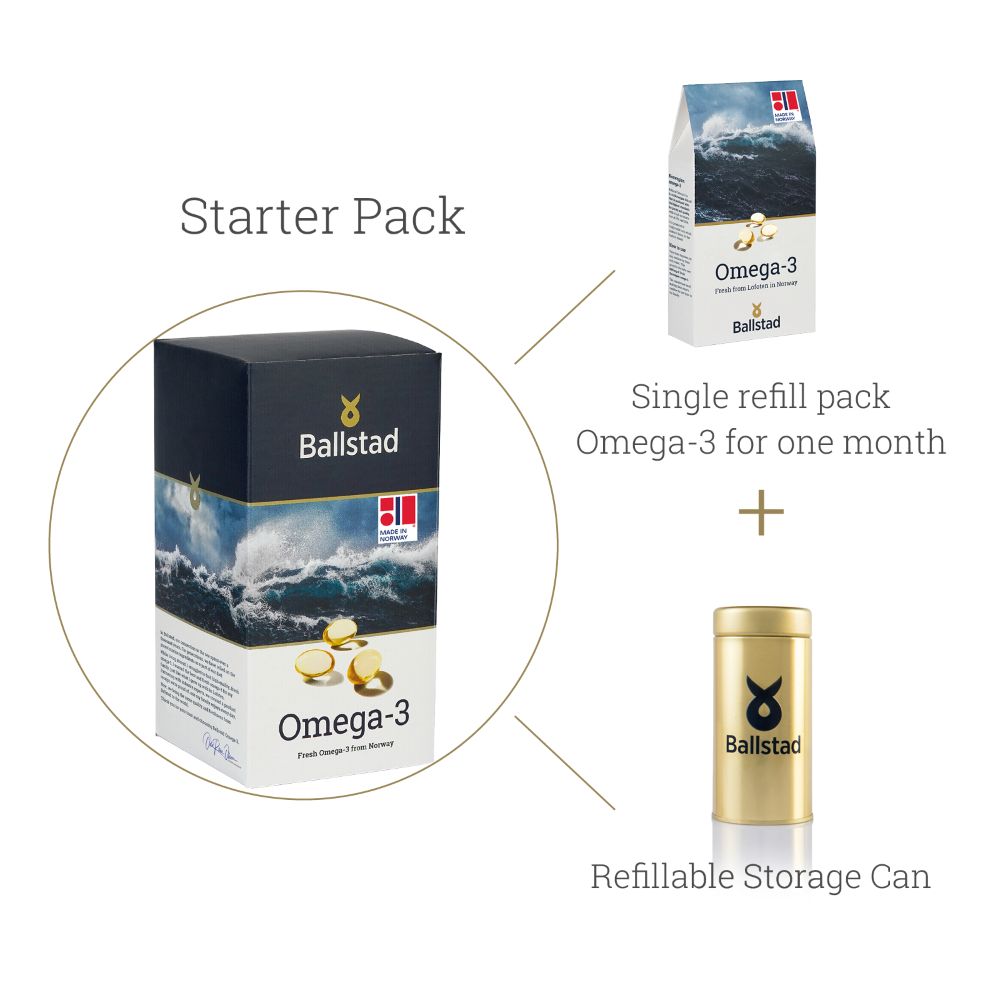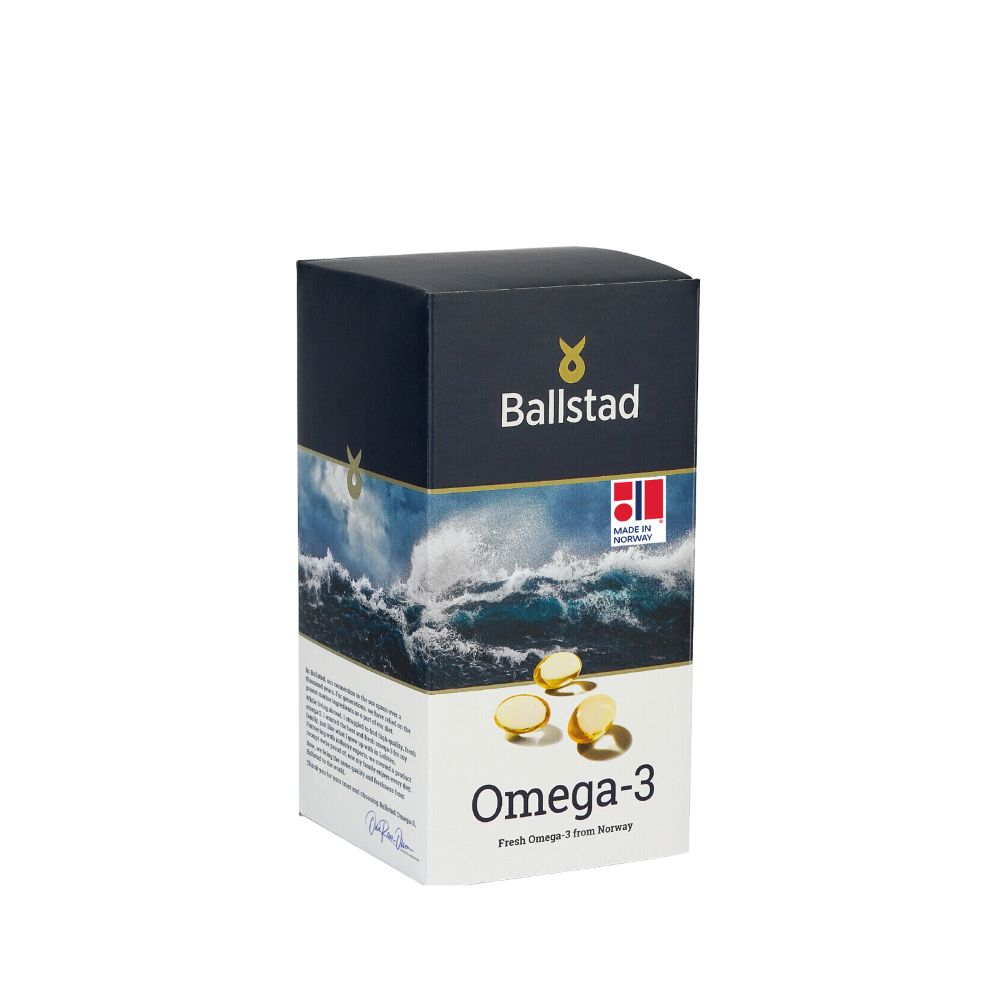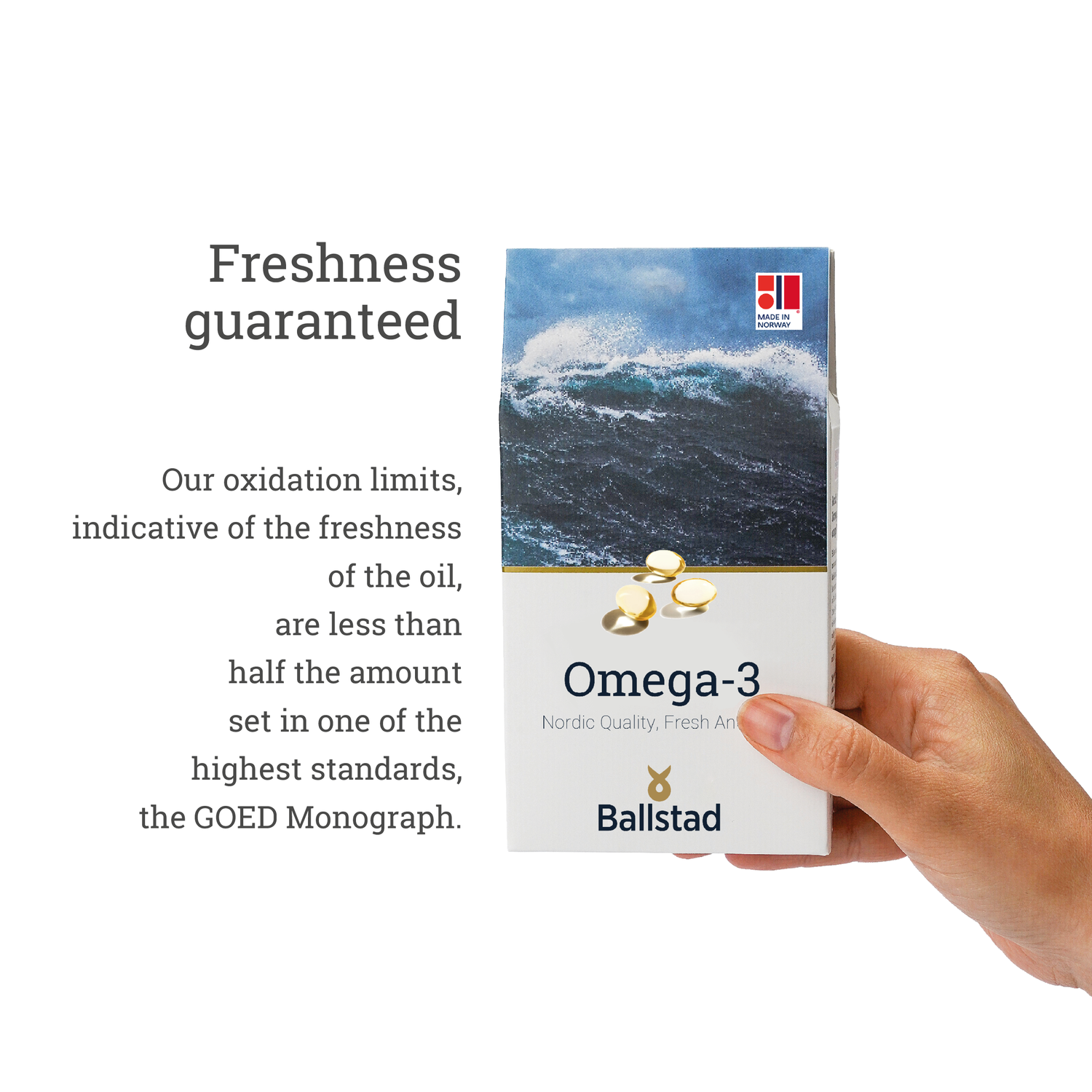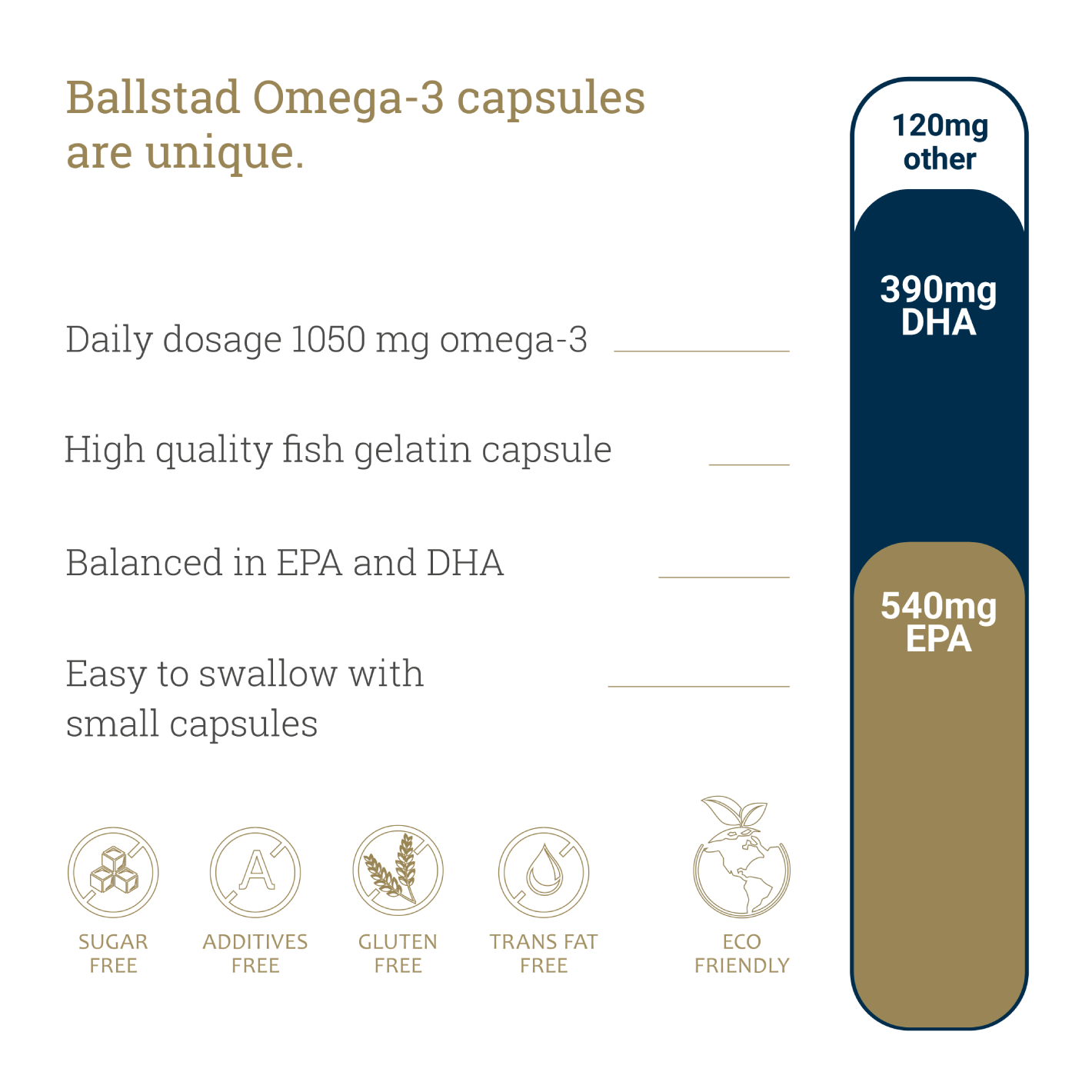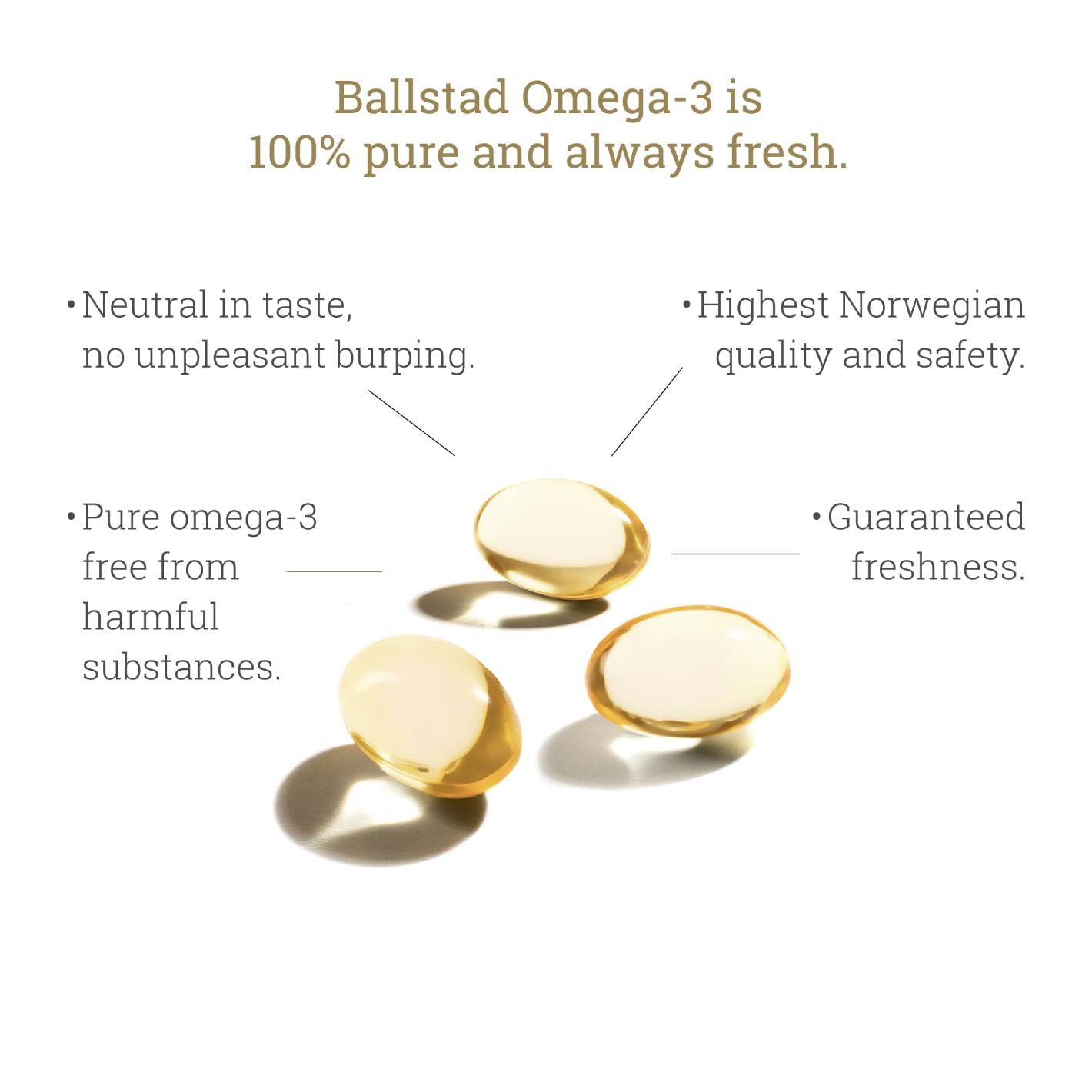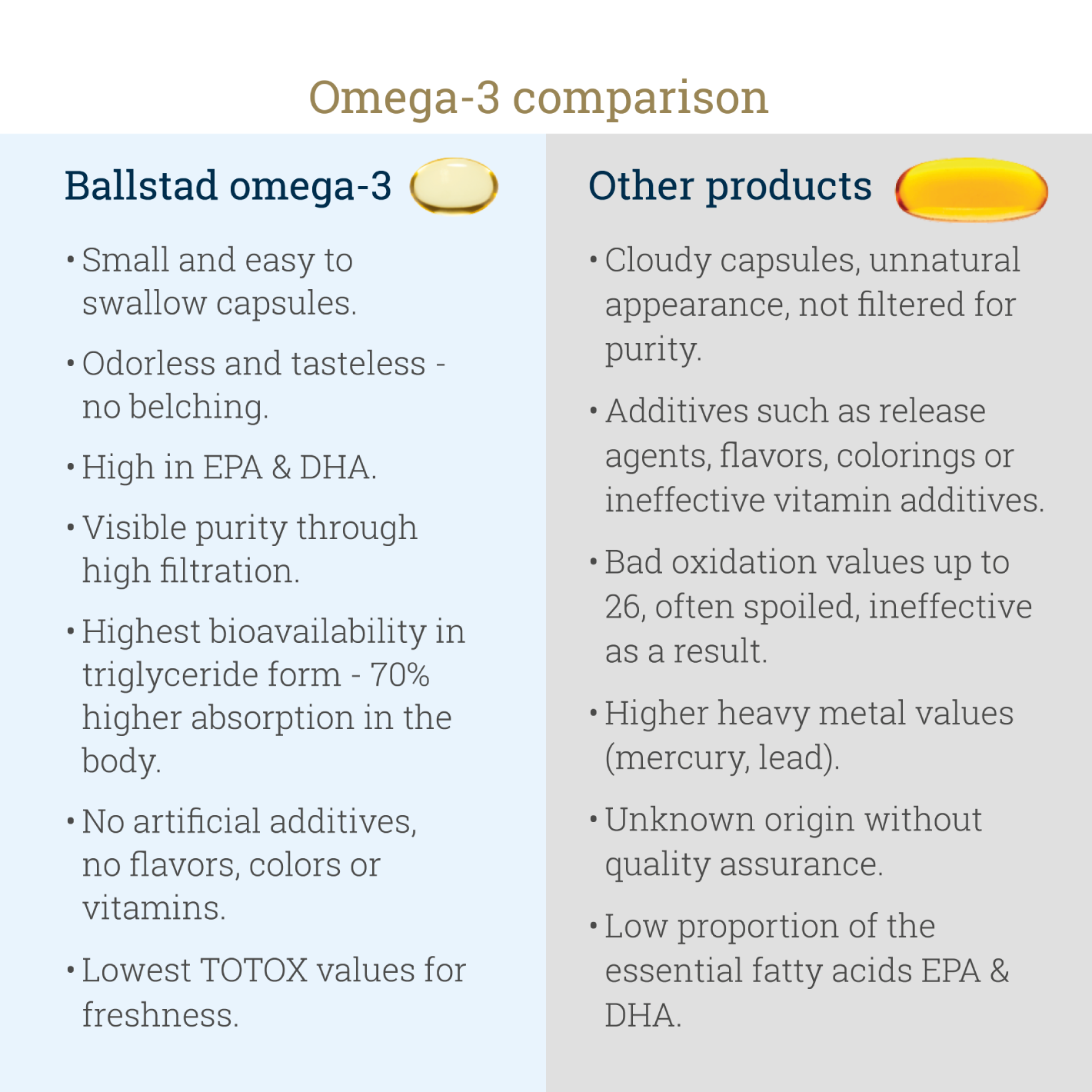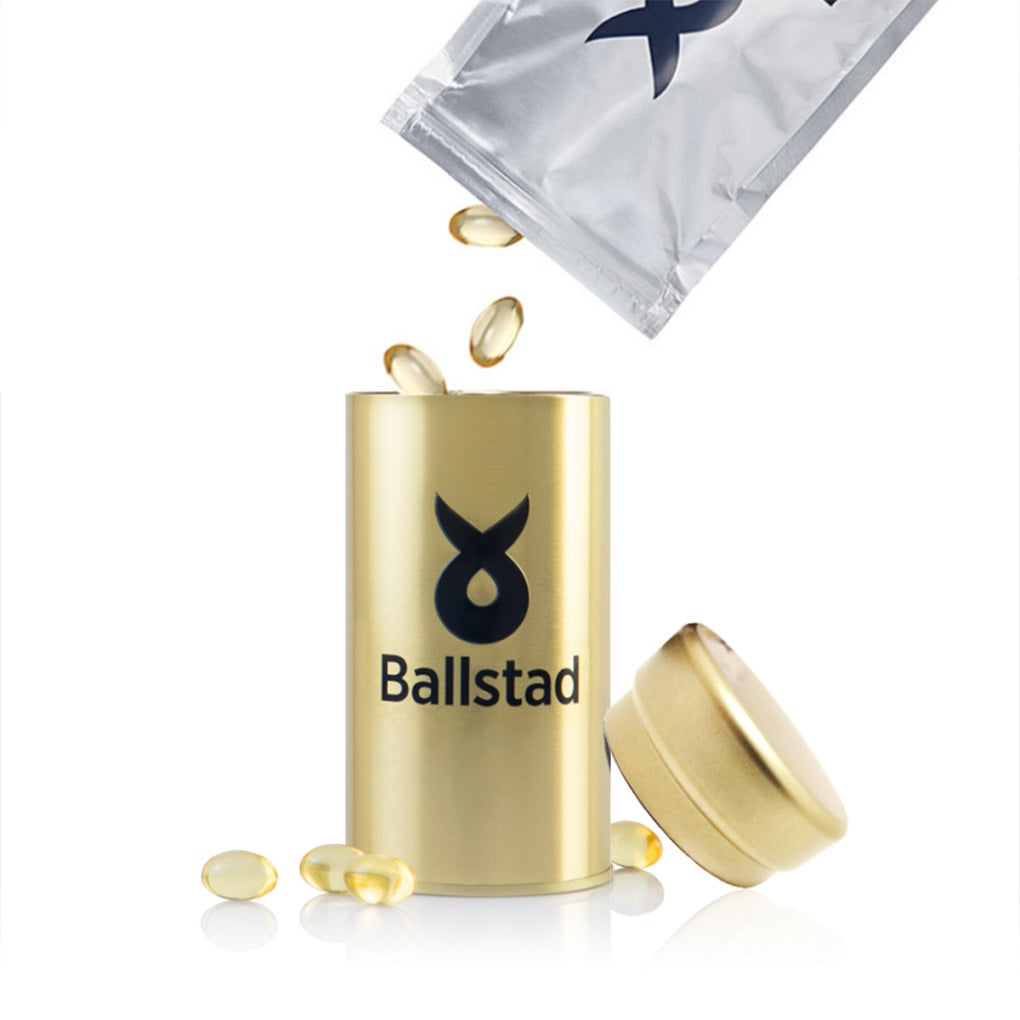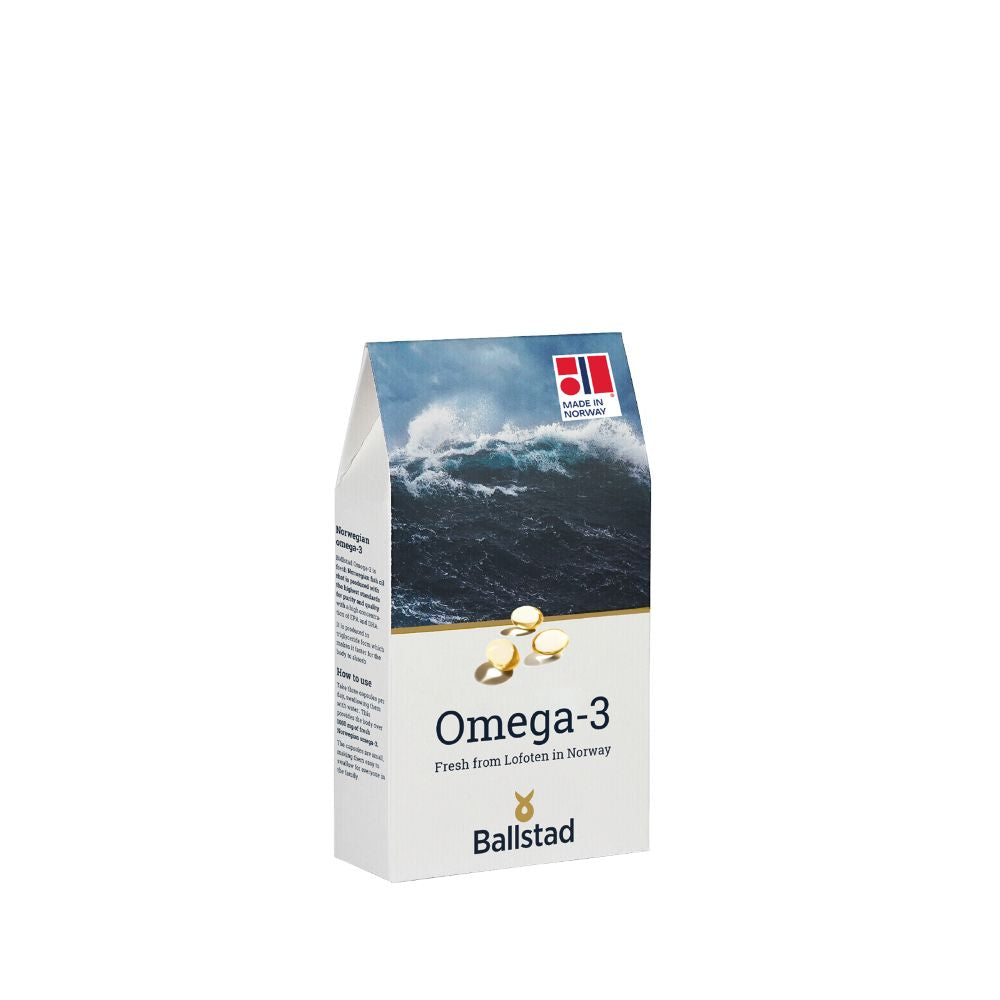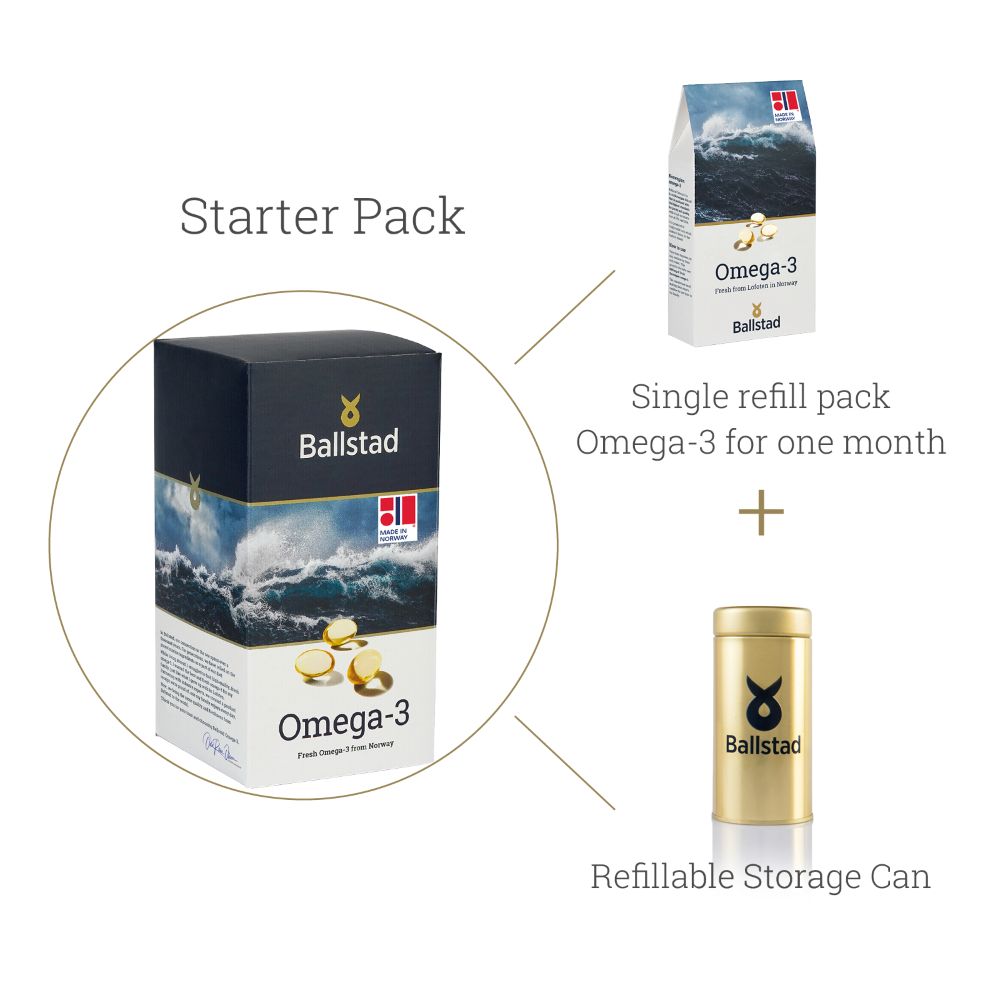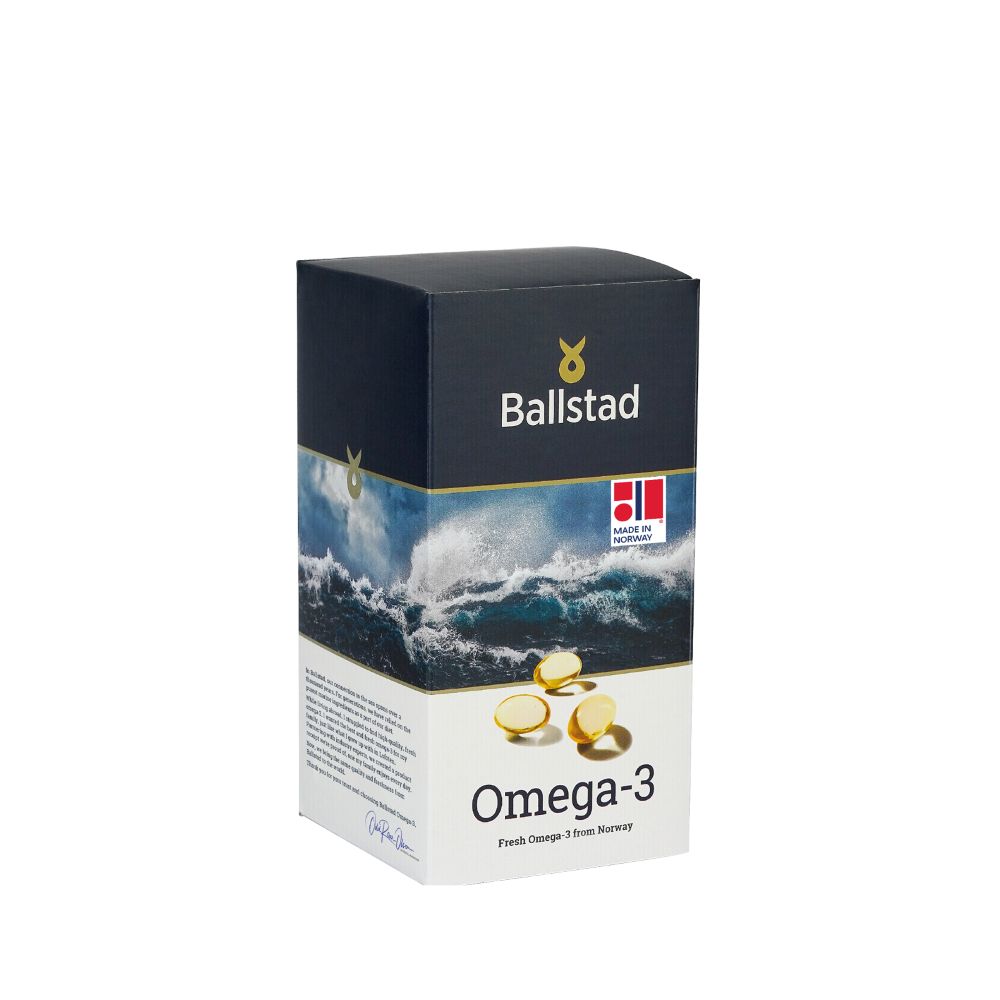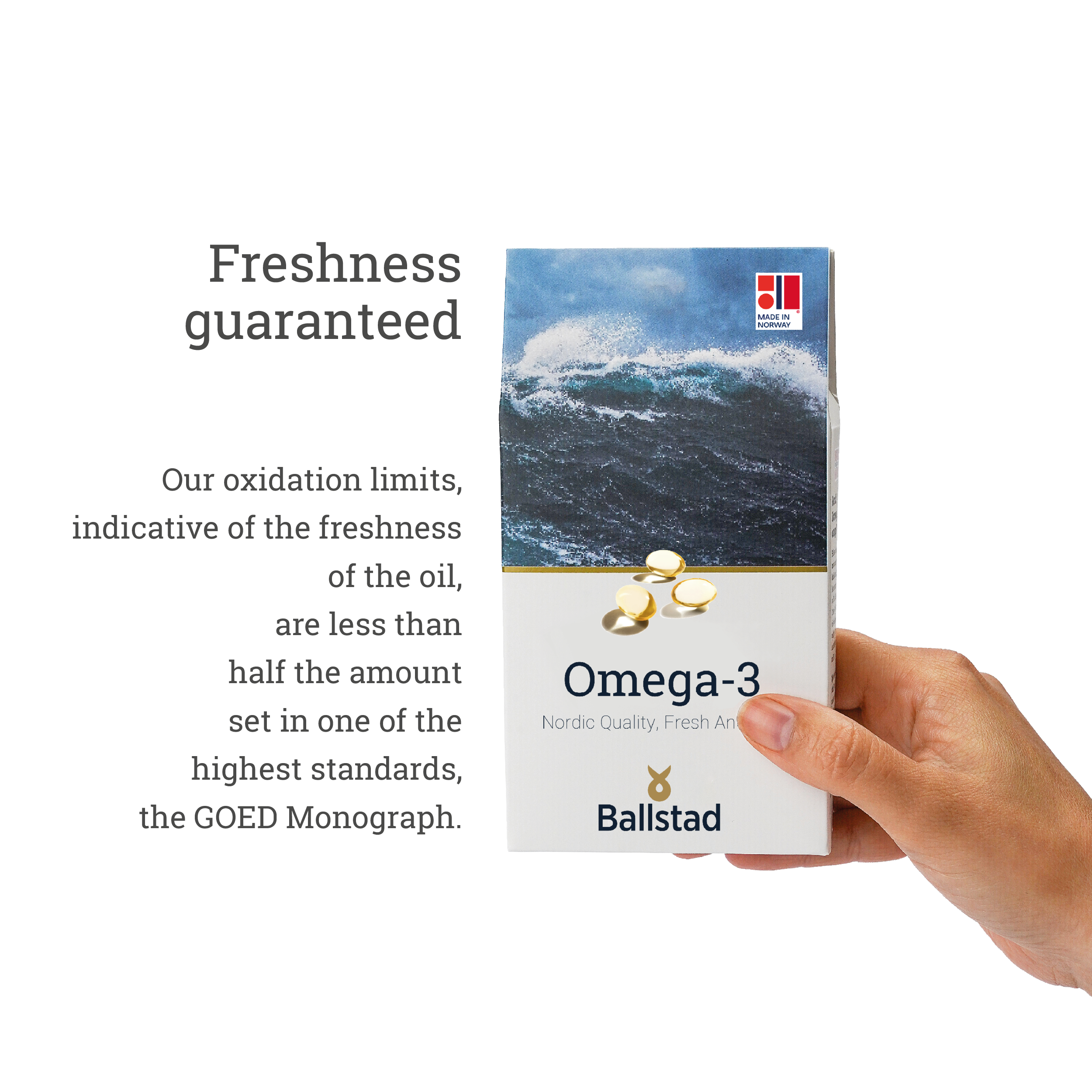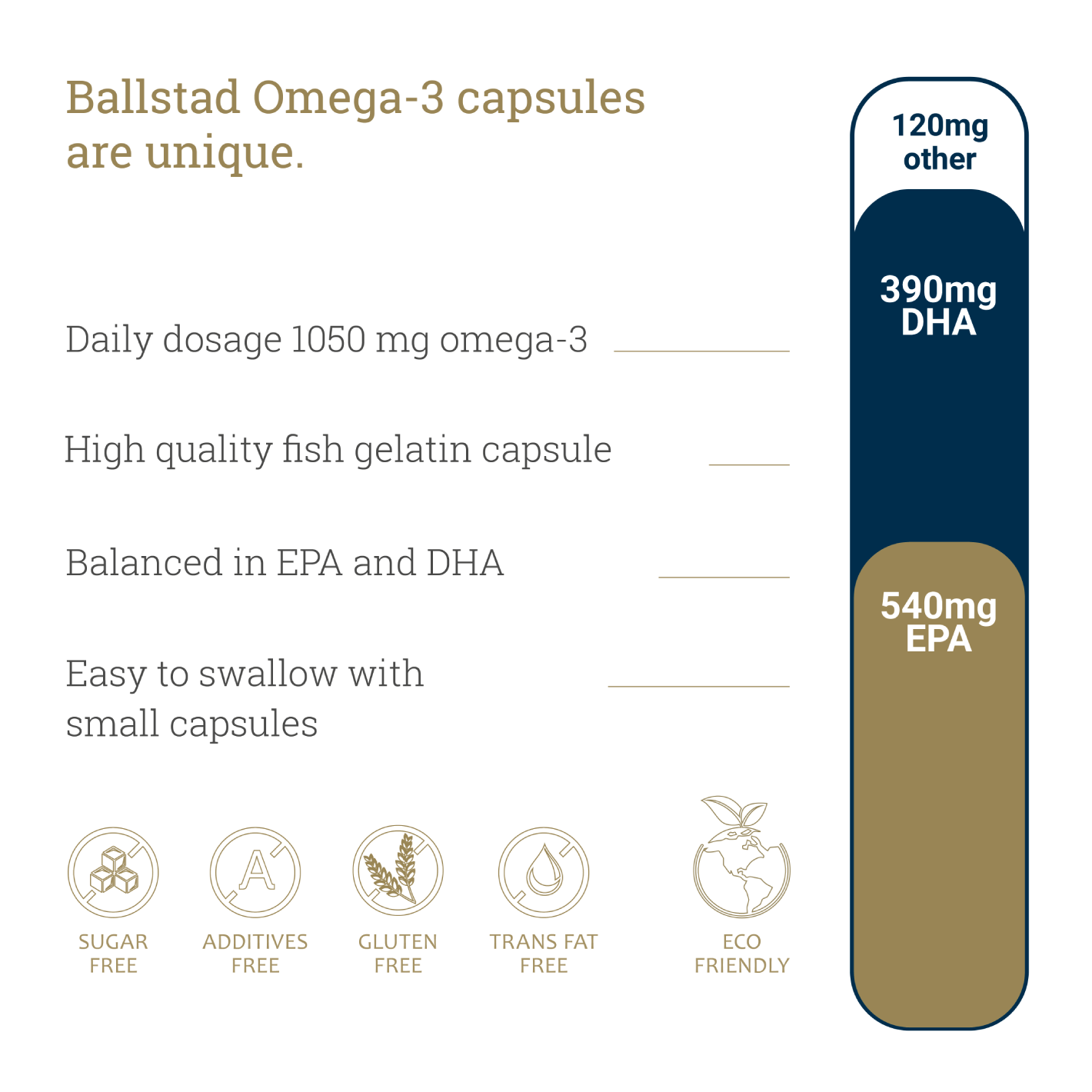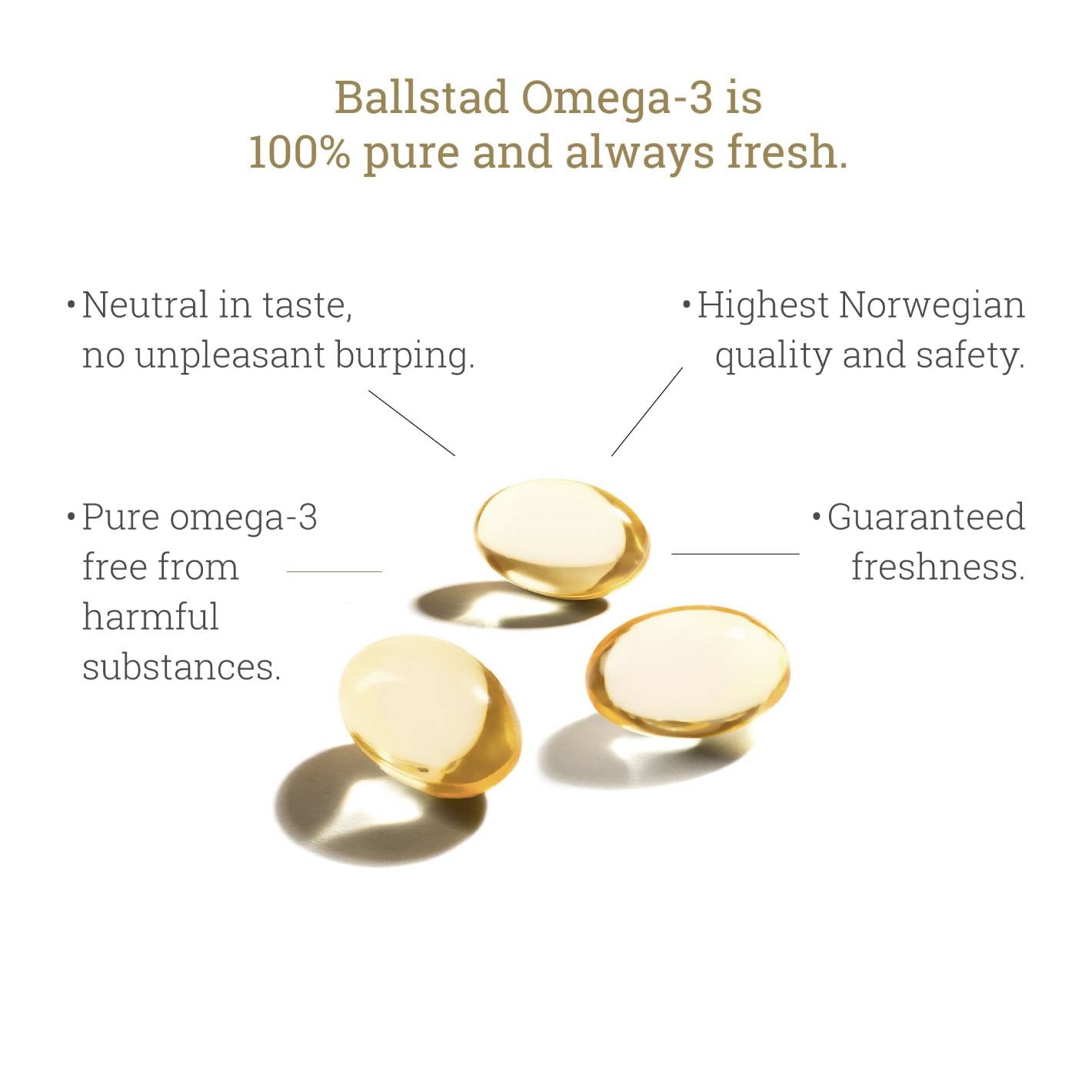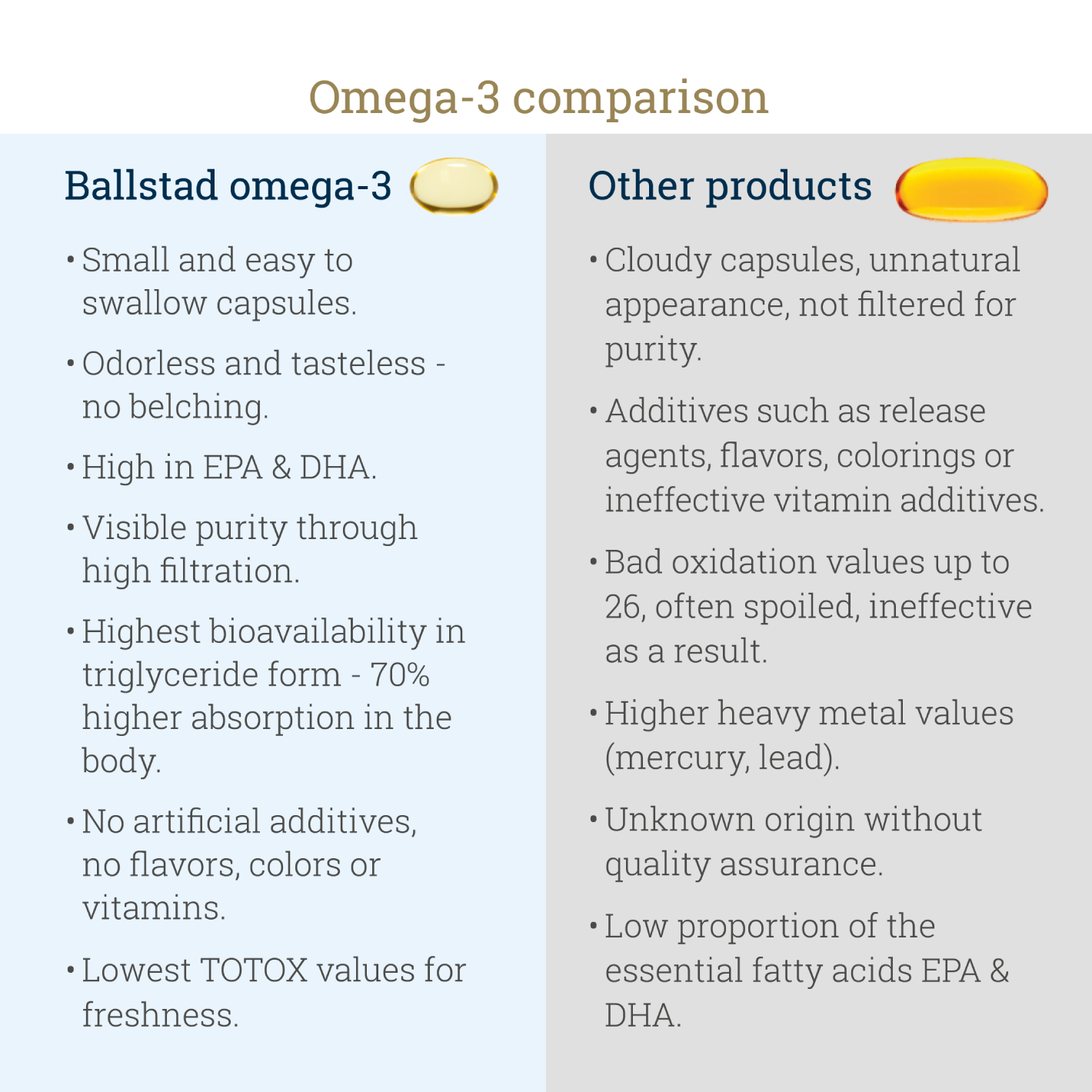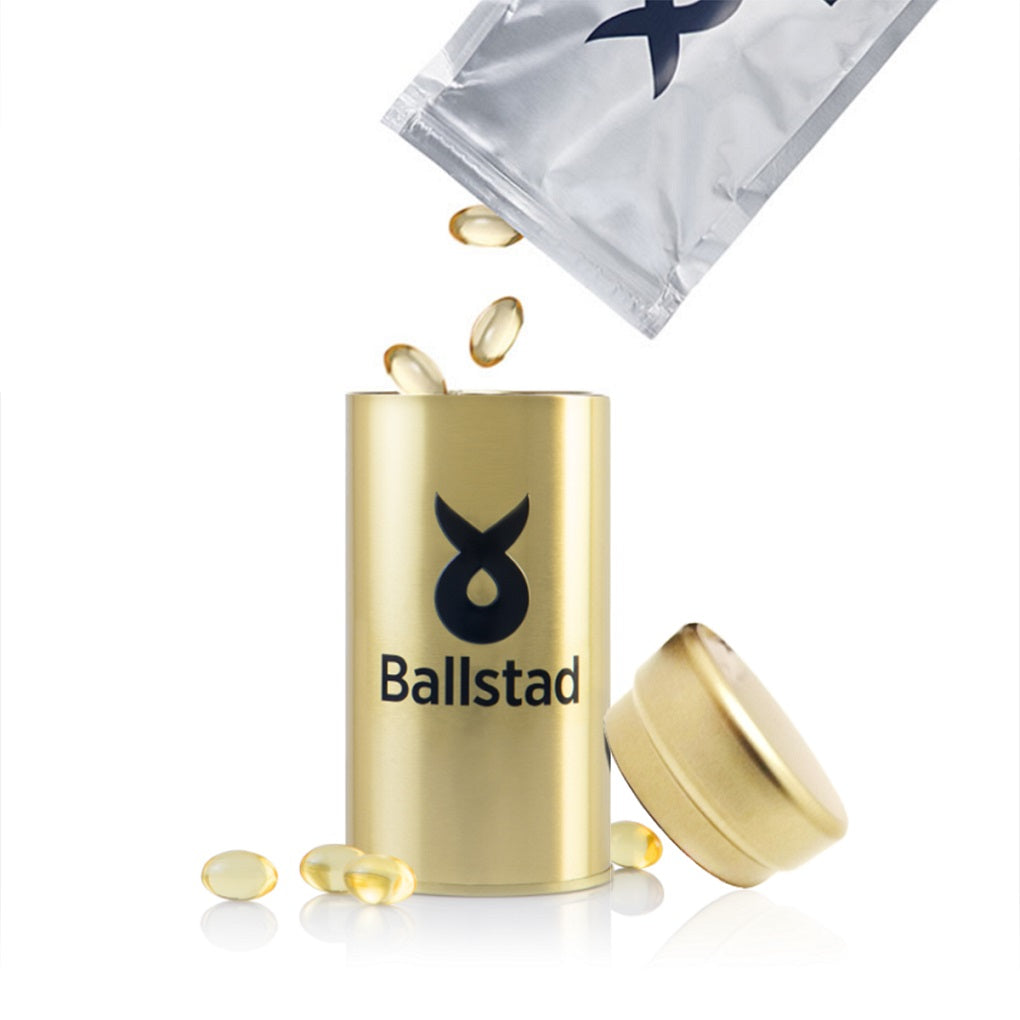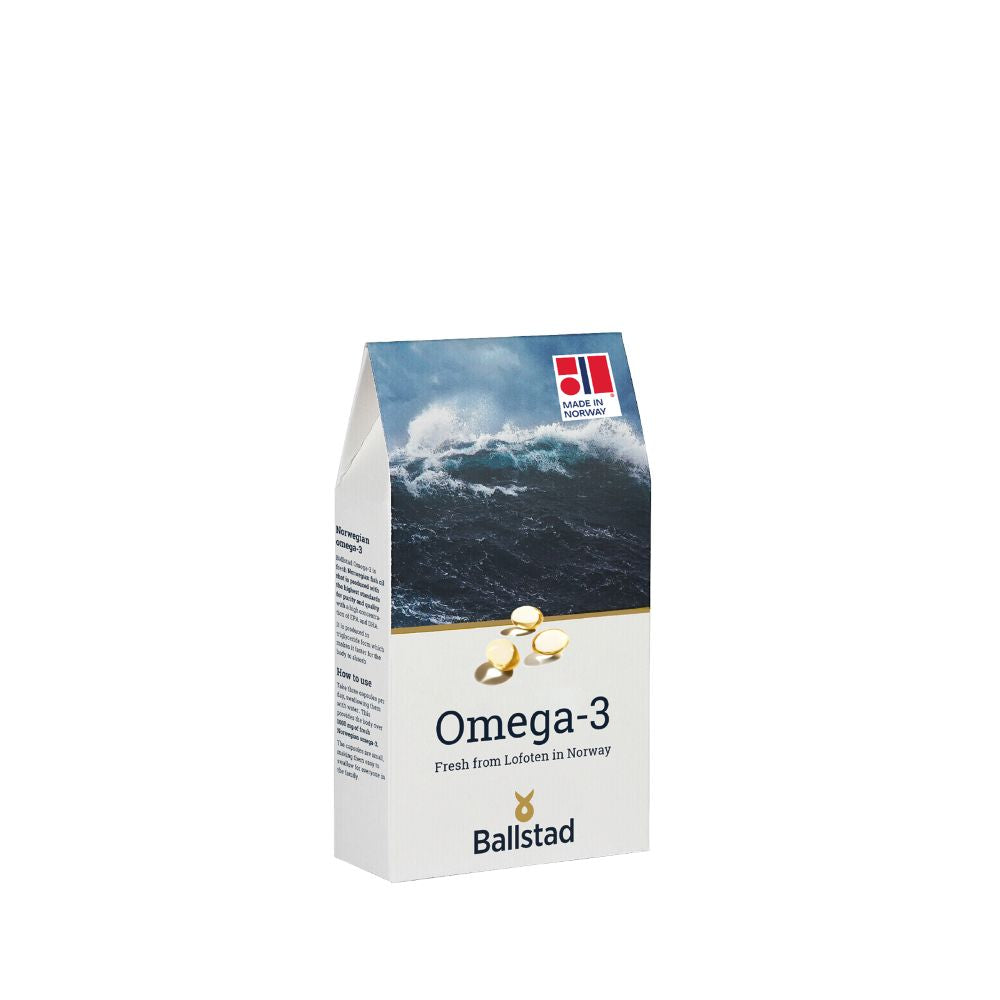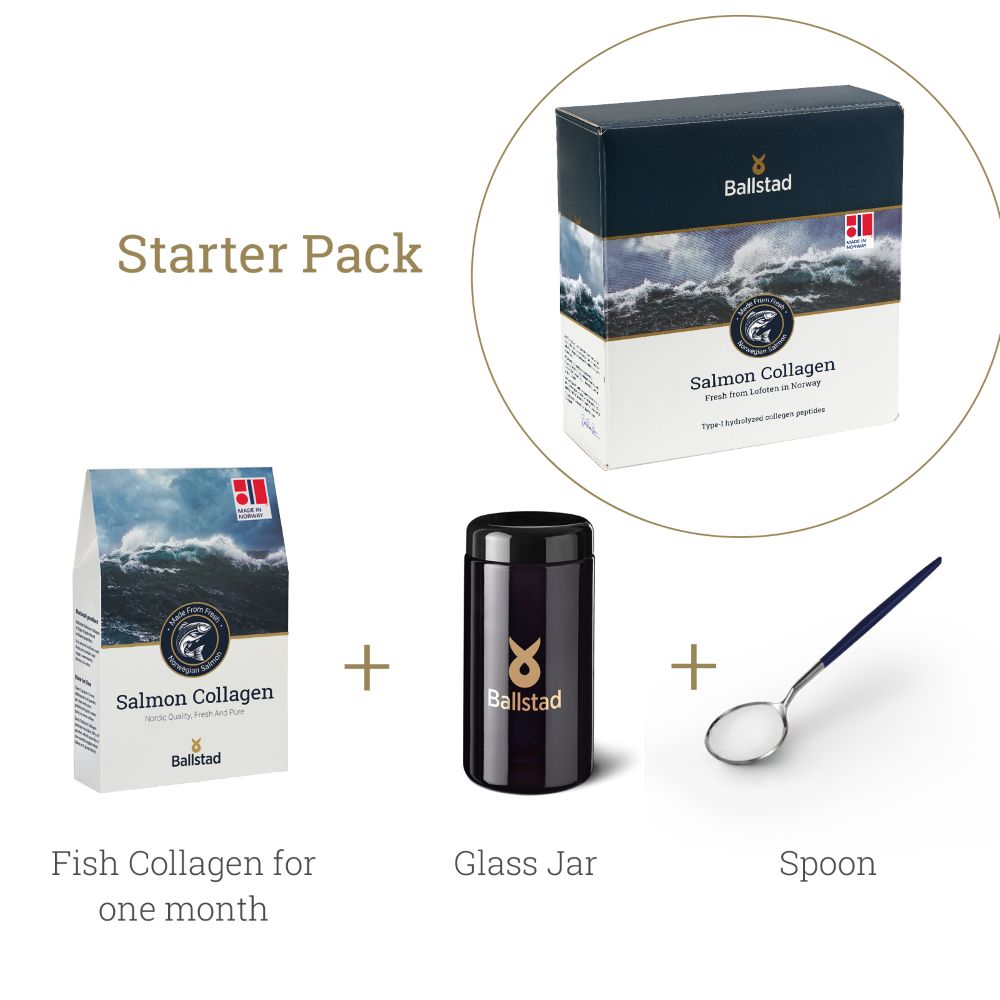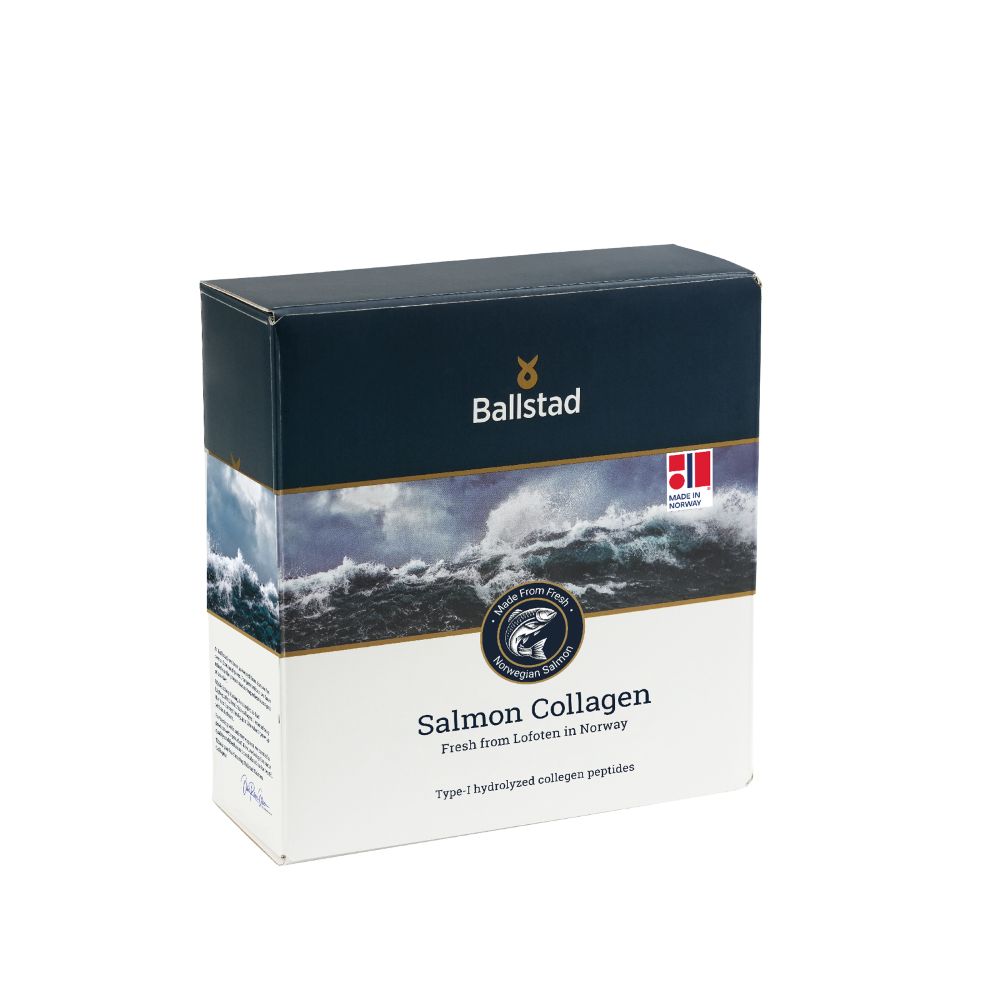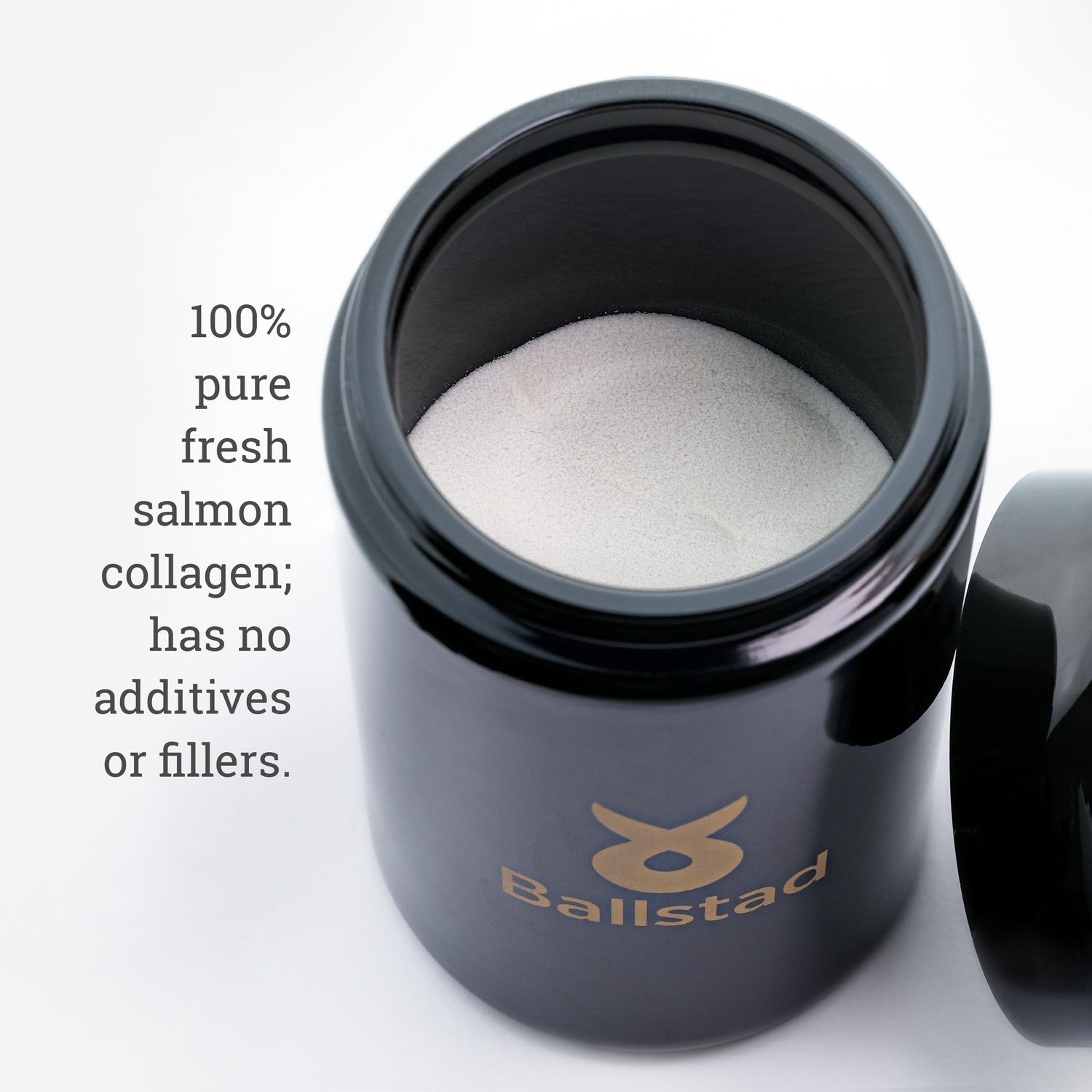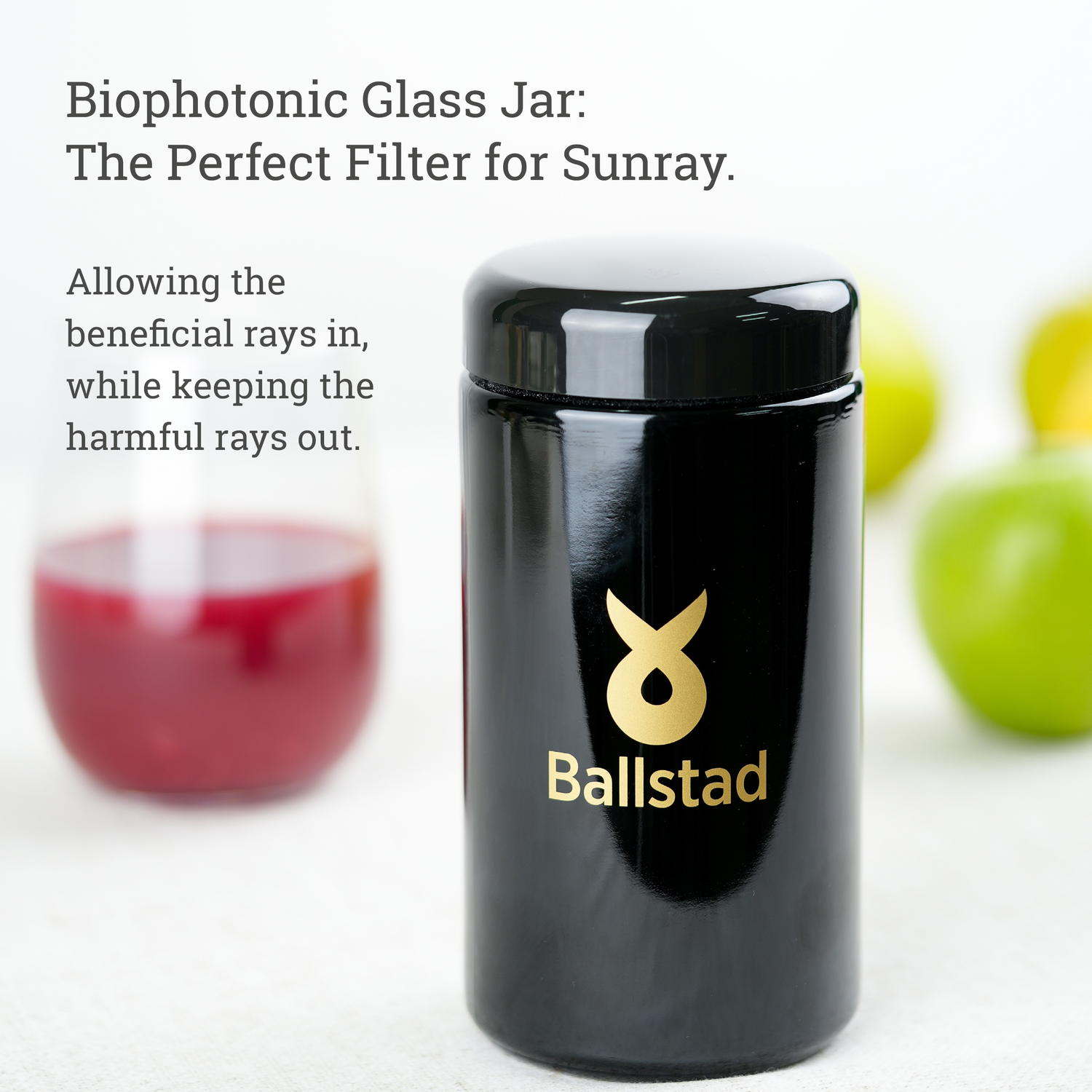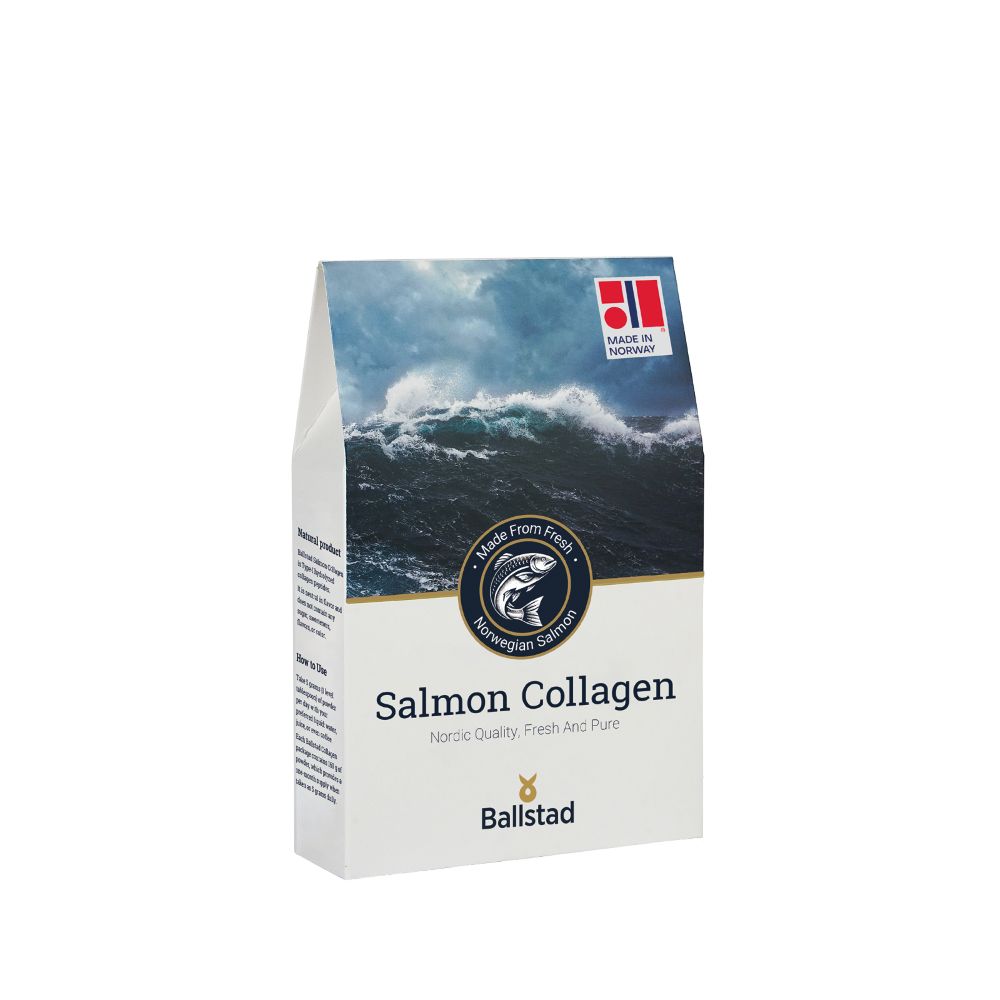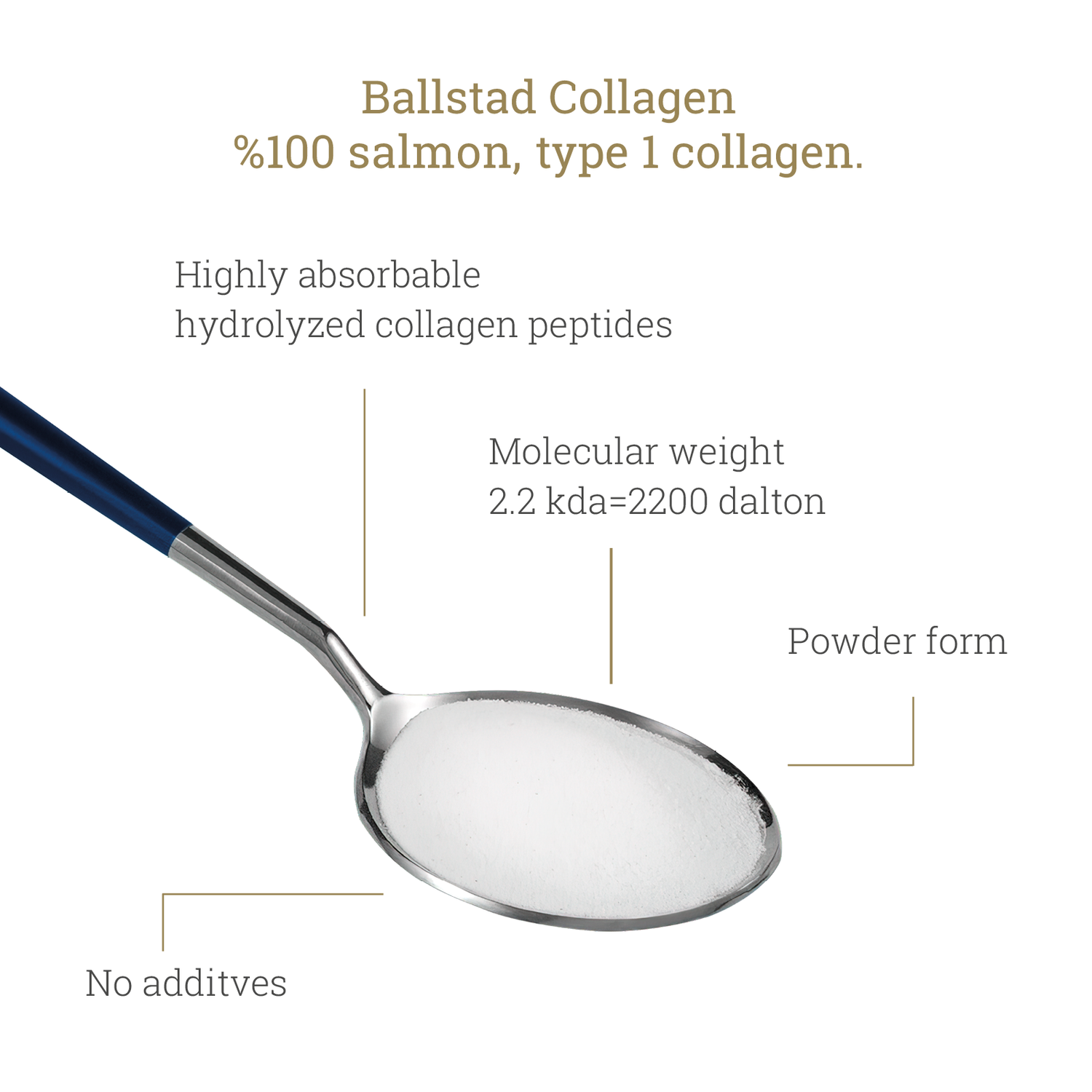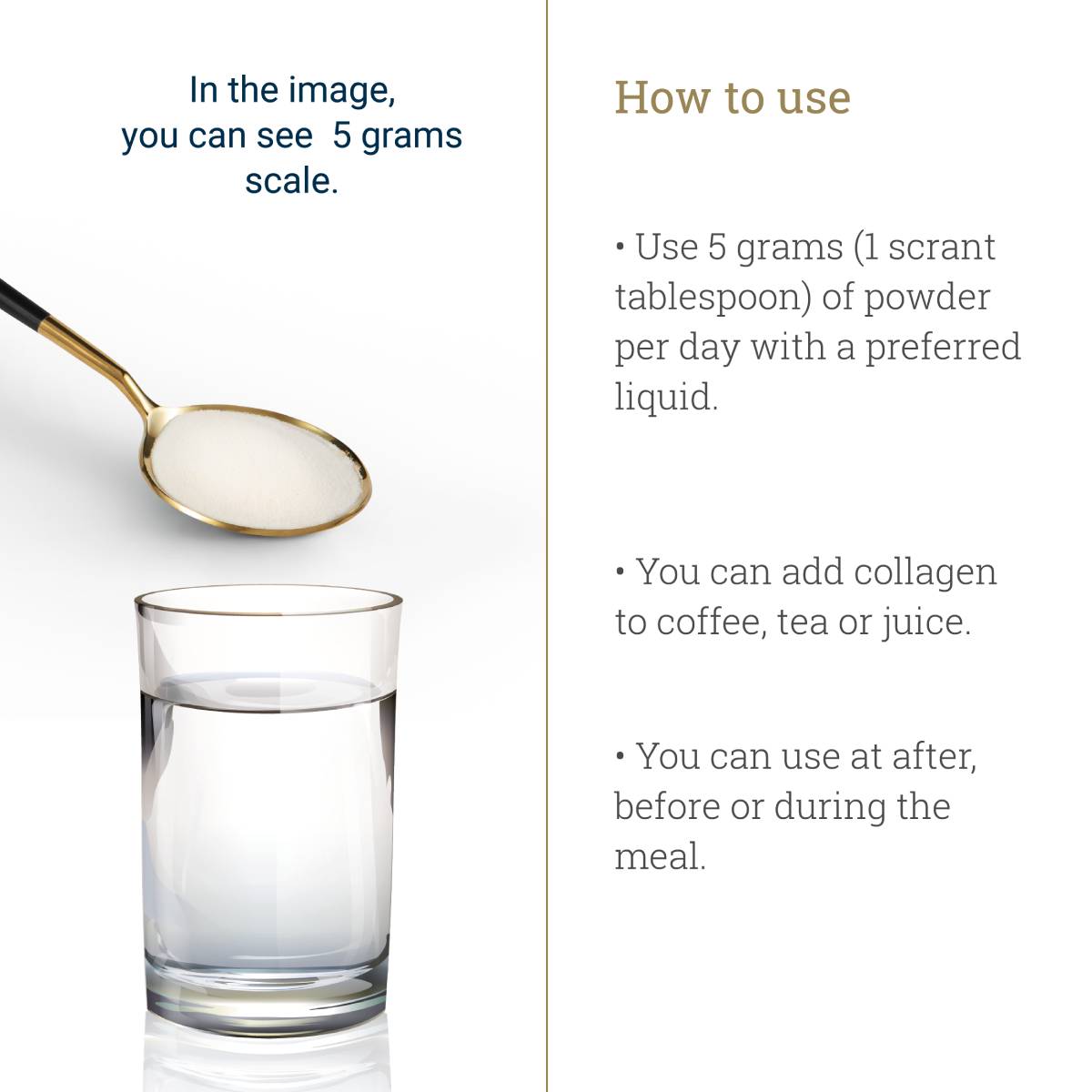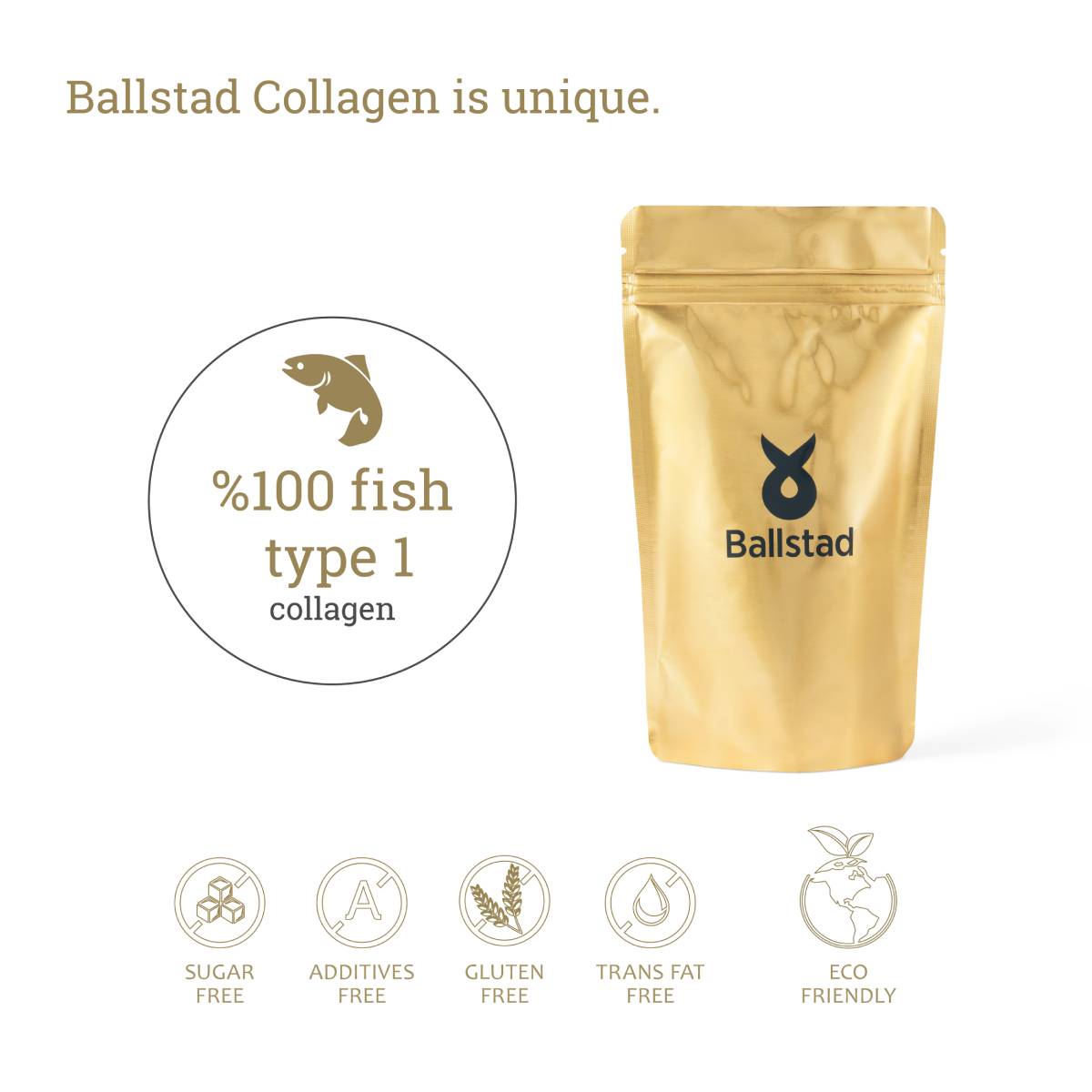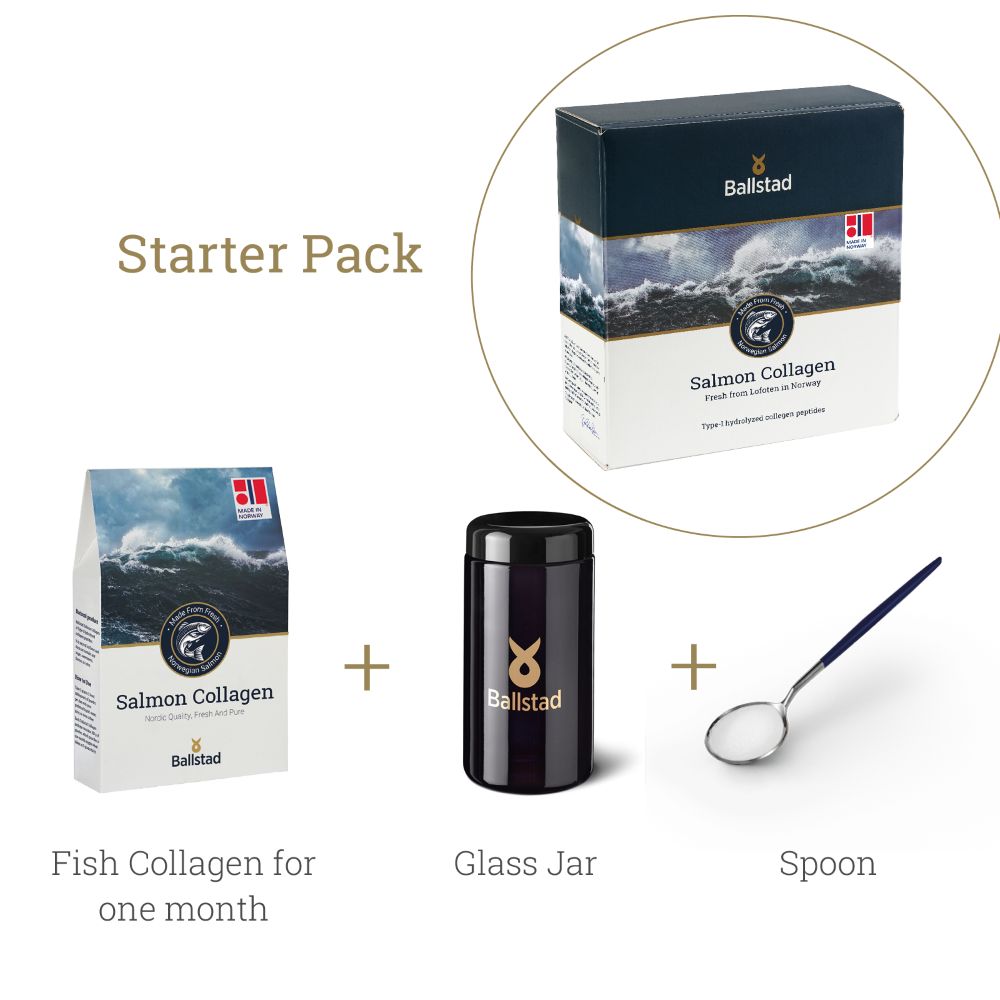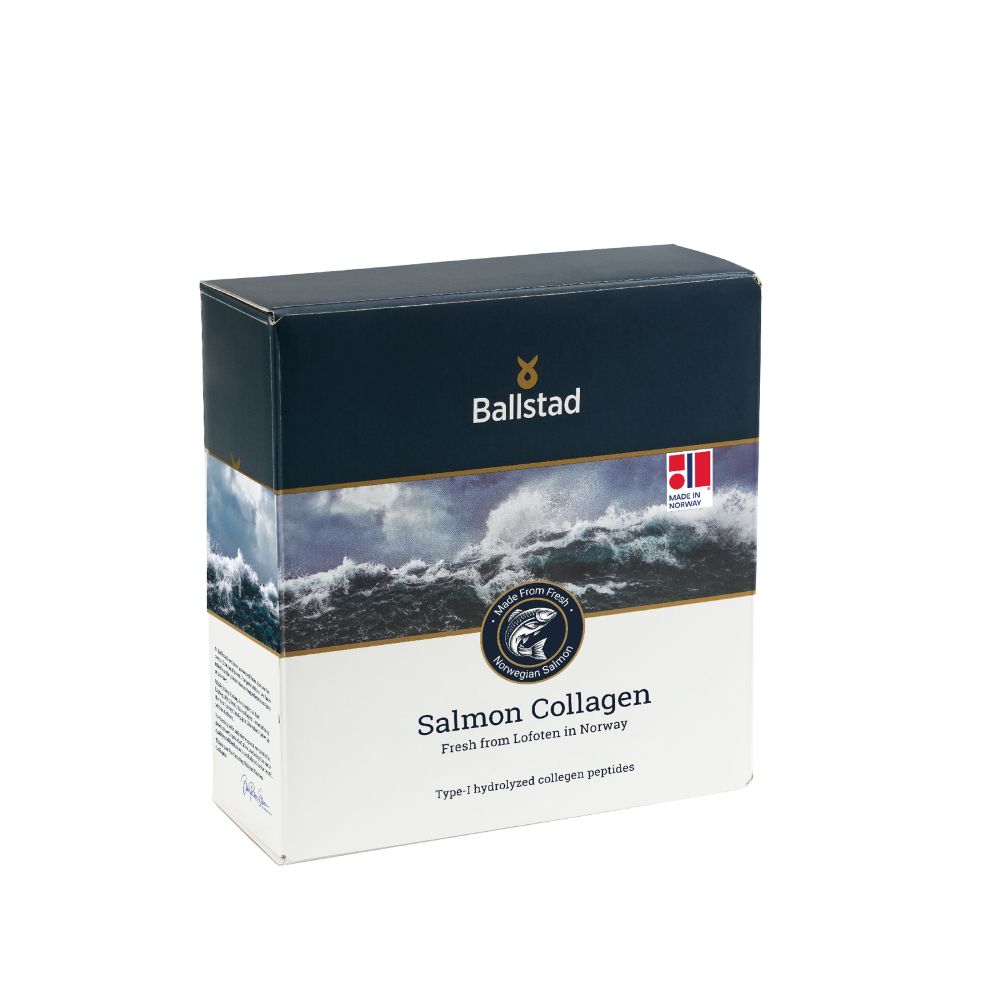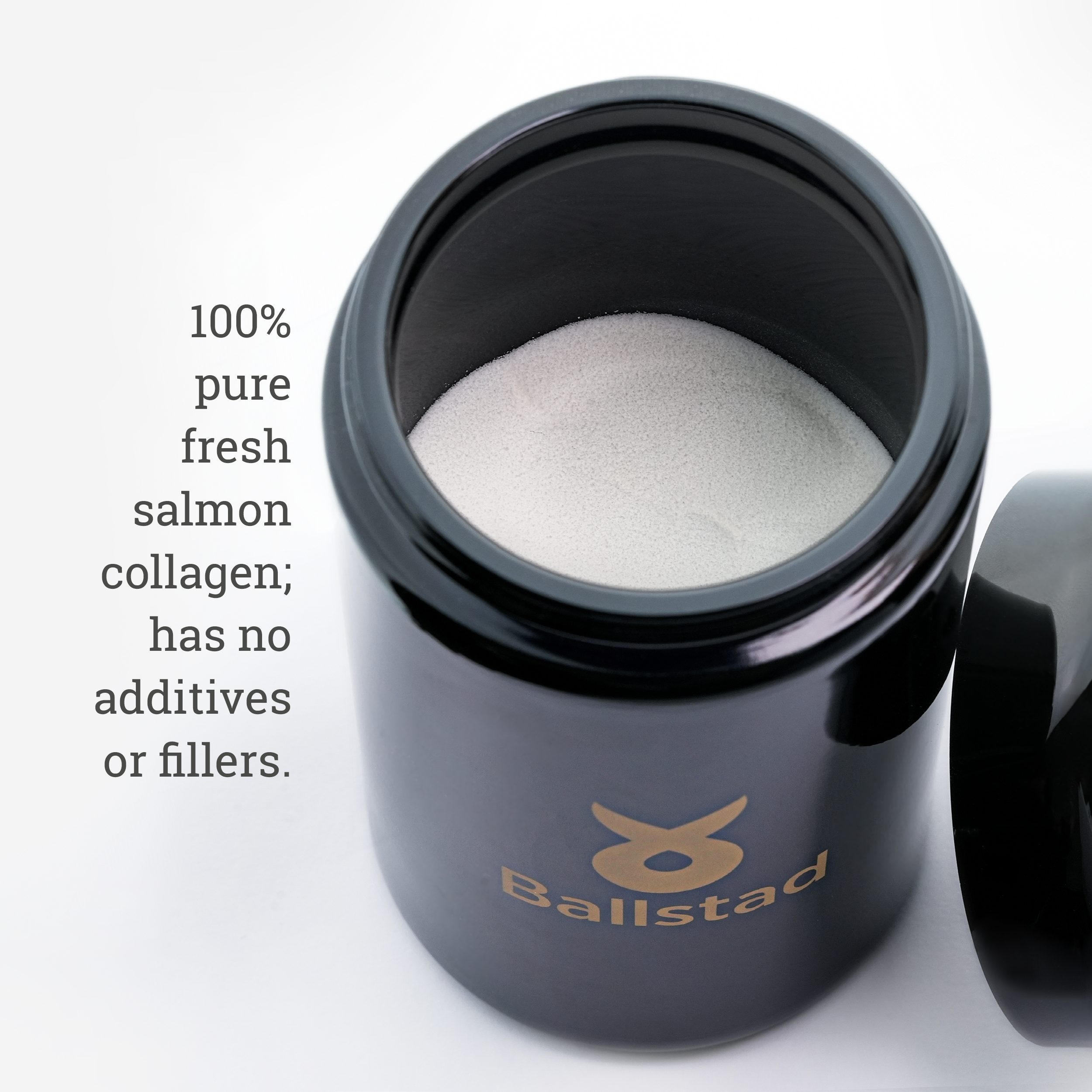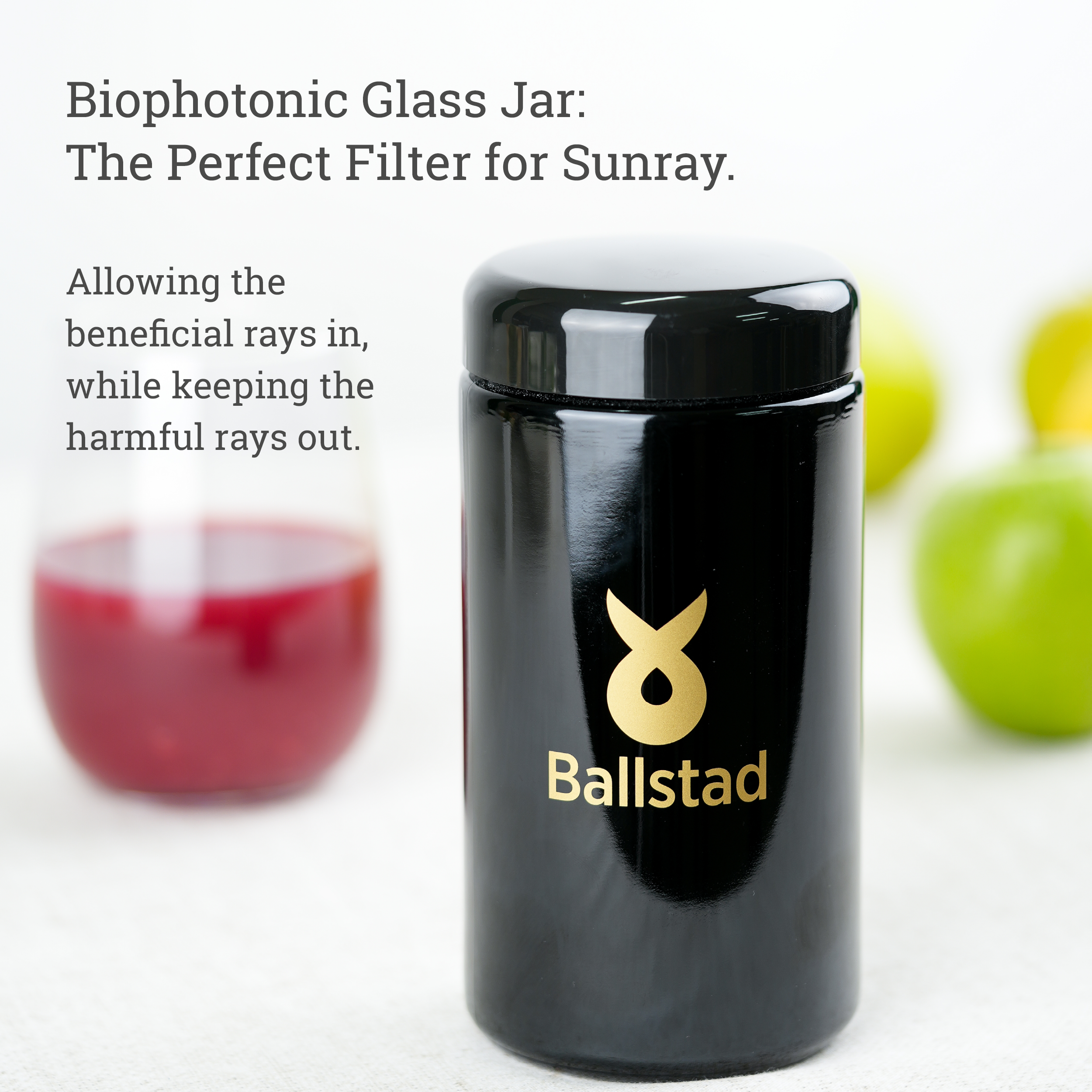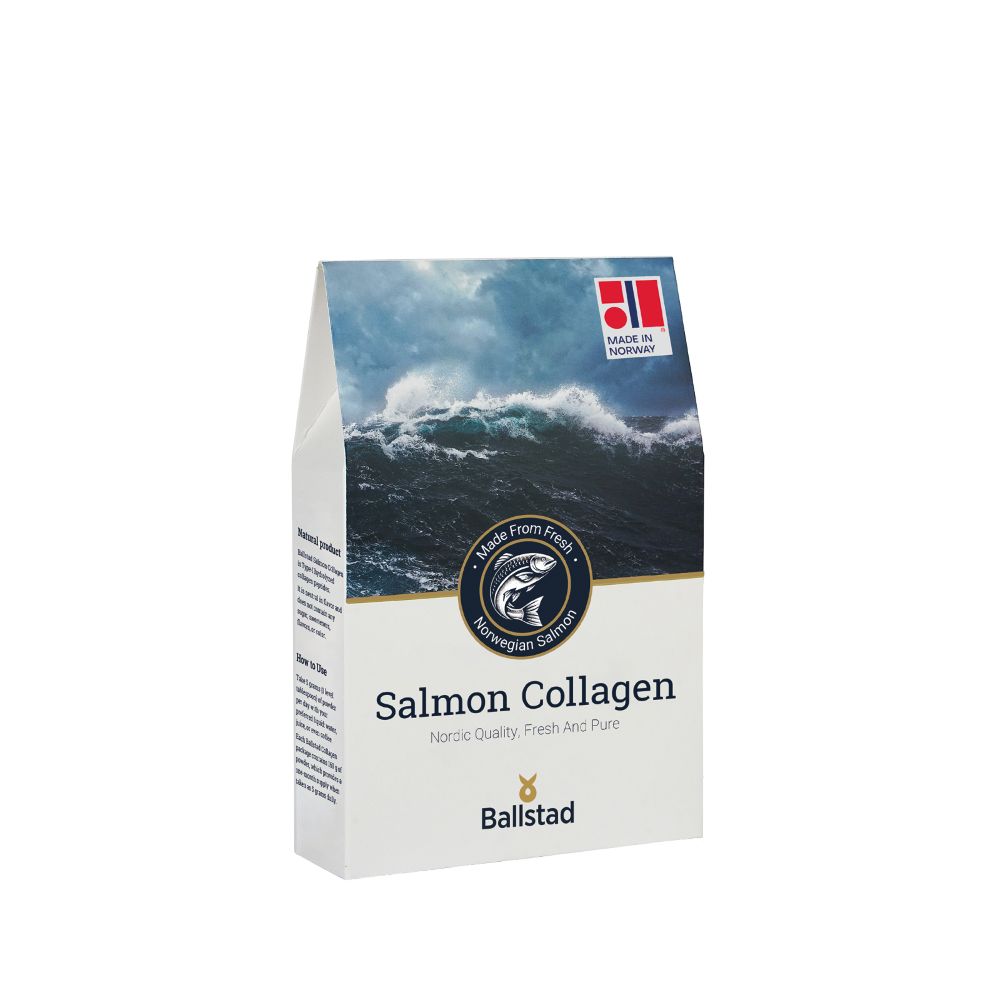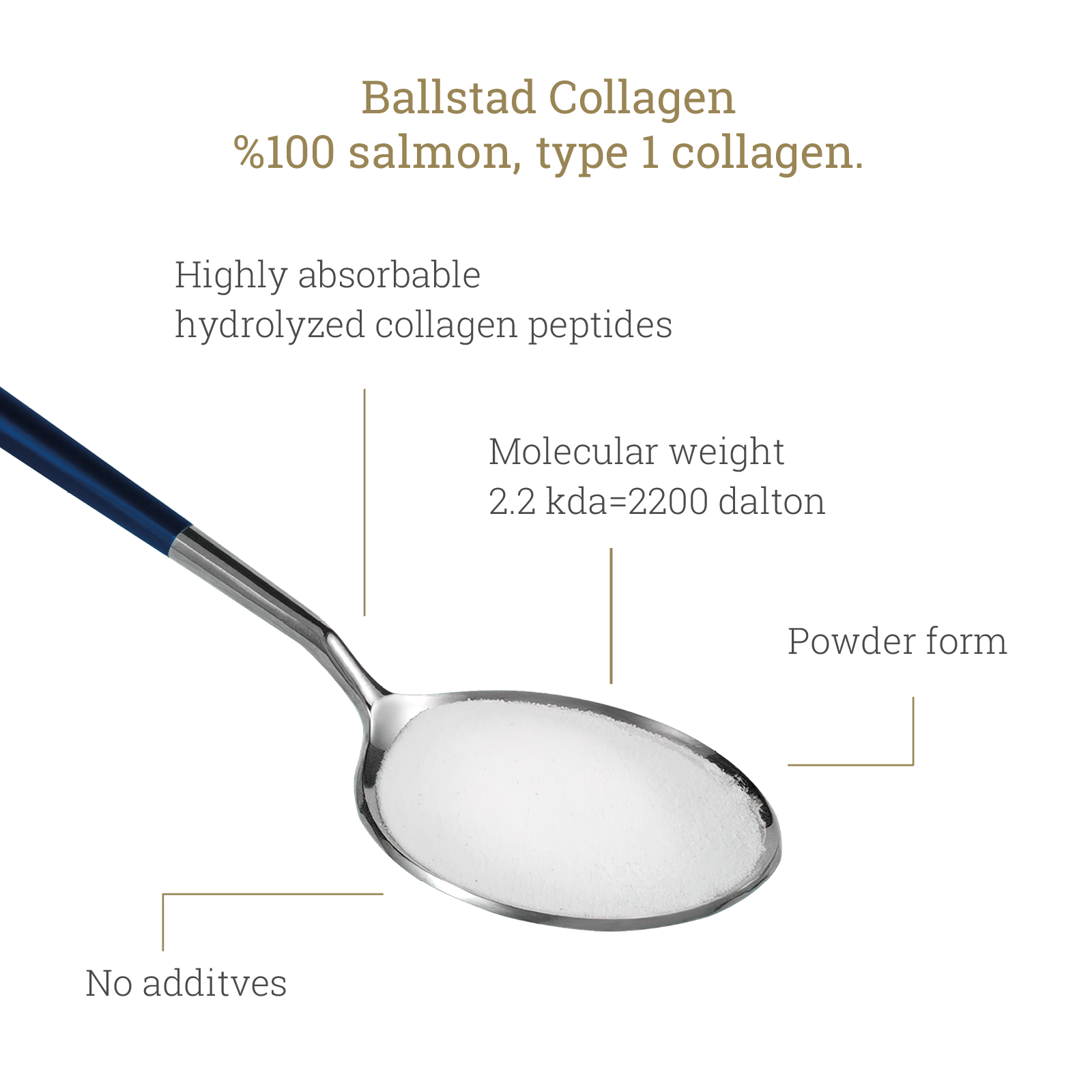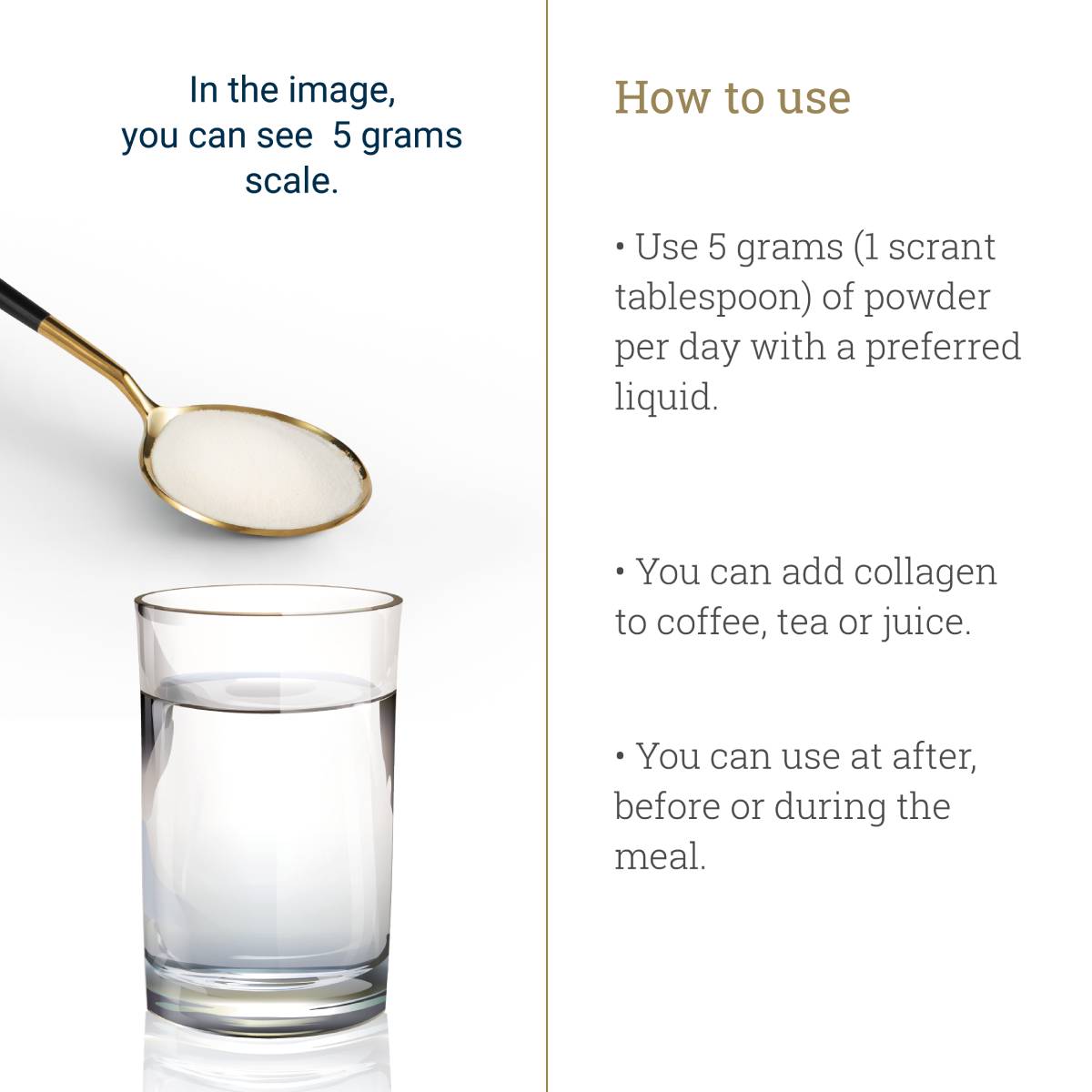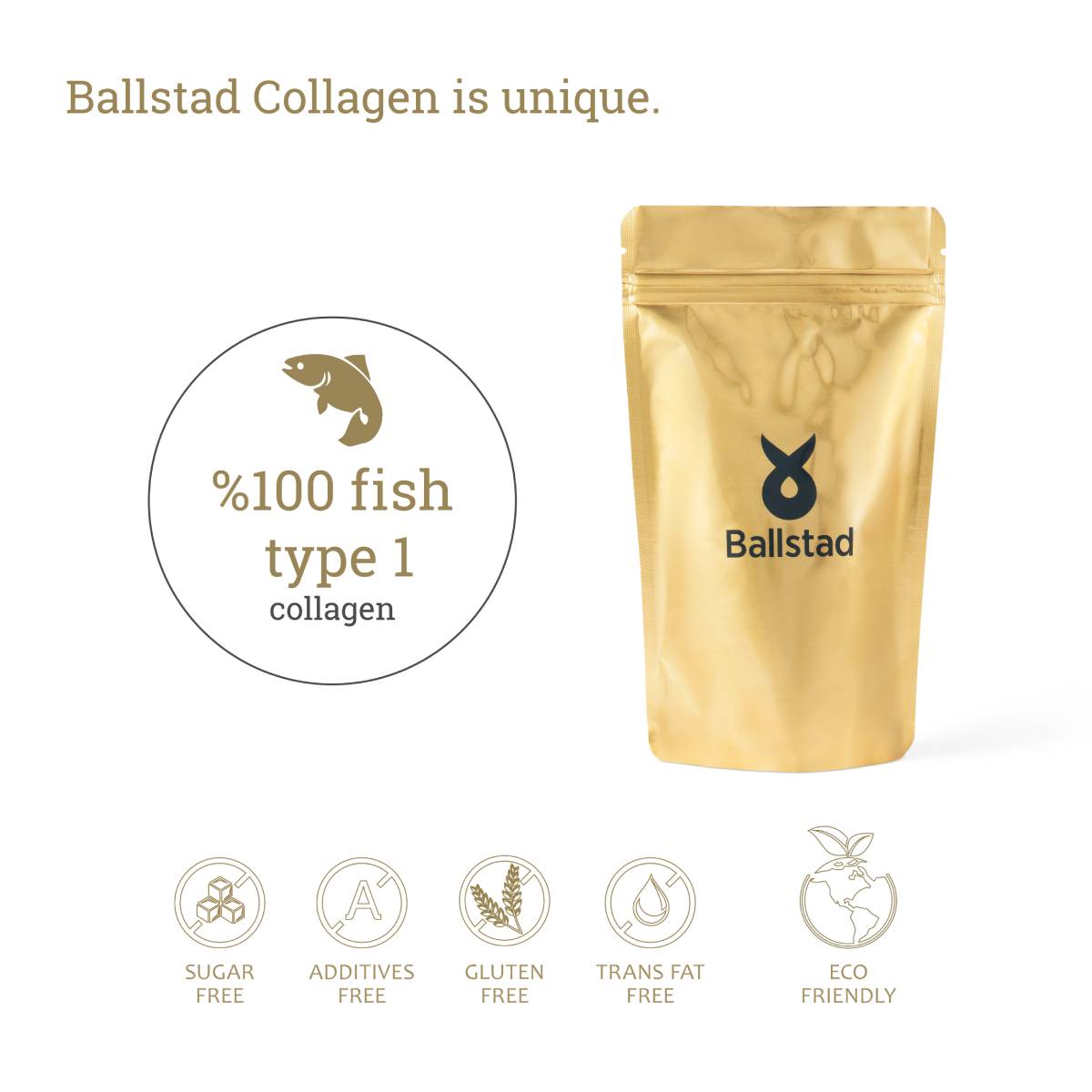Collagen is one of the most important proteins in the human body—it keeps your skin firm, your hair strong, and your joints flexible. But as we age, natural collagen production declines, leading to wrinkles, sagging skin, thinning hair, and even joint pain.
That’s why many people turn to collagen supplements. The question is: what should you look for when choosing the right one? Let’s break it down.
1. Which Type of Collagen Do You Need?
Collagen isn’t just one thing—there are several types, each with a different role in the body:
-
Type I and III collagen → Best for skin elasticity, hair strength, nail growth, and bone health.
-
Type II collagen → Supports joints and cartilage, helping with flexibility and comfort.
If your main goal is youthful-looking skin, stronger hair, and healthier nails, choose a supplement rich in Type I and III collagen. If you want to focus on joint health, look for Type II collagen.
2. Pick Hydrolyzed Collagen (Collagen Peptides)
Collagen molecules are naturally too large to absorb effectively. That’s why the best supplements use hydrolyzed collagen, also called collagen peptides.
-
Hydrolyzed collagen is broken down into small peptides that the body can absorb quickly.
-
These peptides enter the bloodstream and go directly to the skin, bones, and joints.
-
Clinical studies show results—such as improved skin elasticity and hydration—typically appear after 8–12 weeks of regular use.
3. Watch Out for Unnecessary Additives
Some collagen powders and capsules come with added sugars, artificial sweeteners, or preservatives. While these may improve taste, they don’t benefit your health.
For best results, choose clean-label, sugar-free collagen supplements with minimal and natural ingredients.
4. The Right Daily Collagen Dosage
Scientific research suggests that 2.5 to 10 grams of collagen per day is effective for skin, hair, and joint support.
-
Lower doses (2.5–5 g/day) → Effective for skin elasticity and hydration
-
Higher doses (5–10 g/day) → Better for joint health and bone support
Always check the label to confirm the product provides an evidence-based dosage.
5. Choose a Reliable and Certified Brand
Quality matters. To ensure safety and effectiveness, pick a brand that is:
-
Certified by reputable authorities (e.g., EFSA in Europe or FDA in the U.S.)
-
Transparent about its ingredients and sourcing
-
Tested for purity and free from heavy metals or contaminants
6. Consider the Source of Collagen
Collagen supplements are usually sourced from:
-
Bovine (cow collagen) → Commonly used, supports skin and joints
-
Marine (fish collagen) → Best for skin health due to smaller peptides and higher absorption
-
Porcine (pig collagen) → Less common, but used in some products
Fish collagen peptides stand out as the most bioavailable option, making them especially effective for skin hydration, elasticity, and anti-aging. Fish collagen also has a structure similar to human collagen, making it highly compatible with the body.


